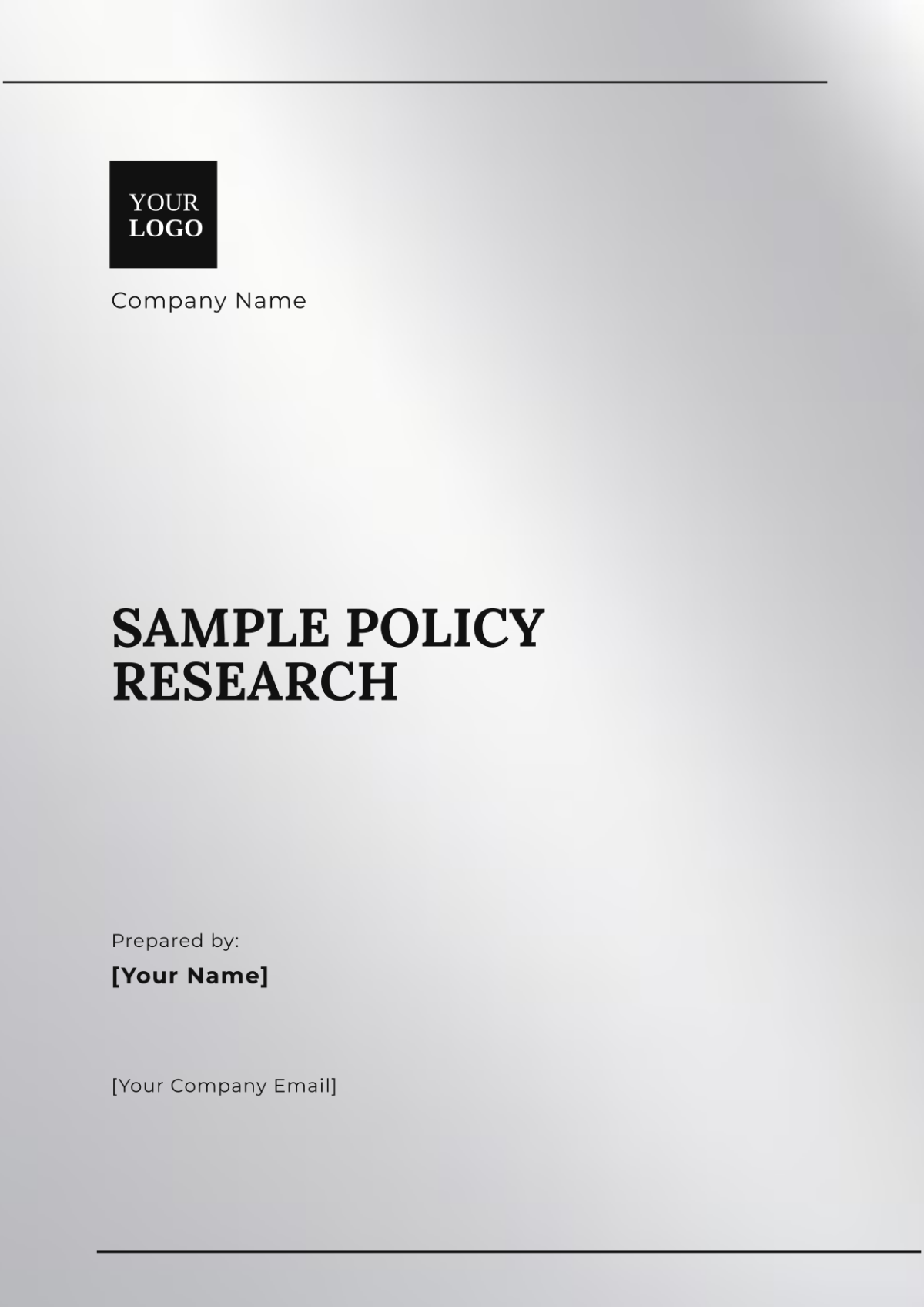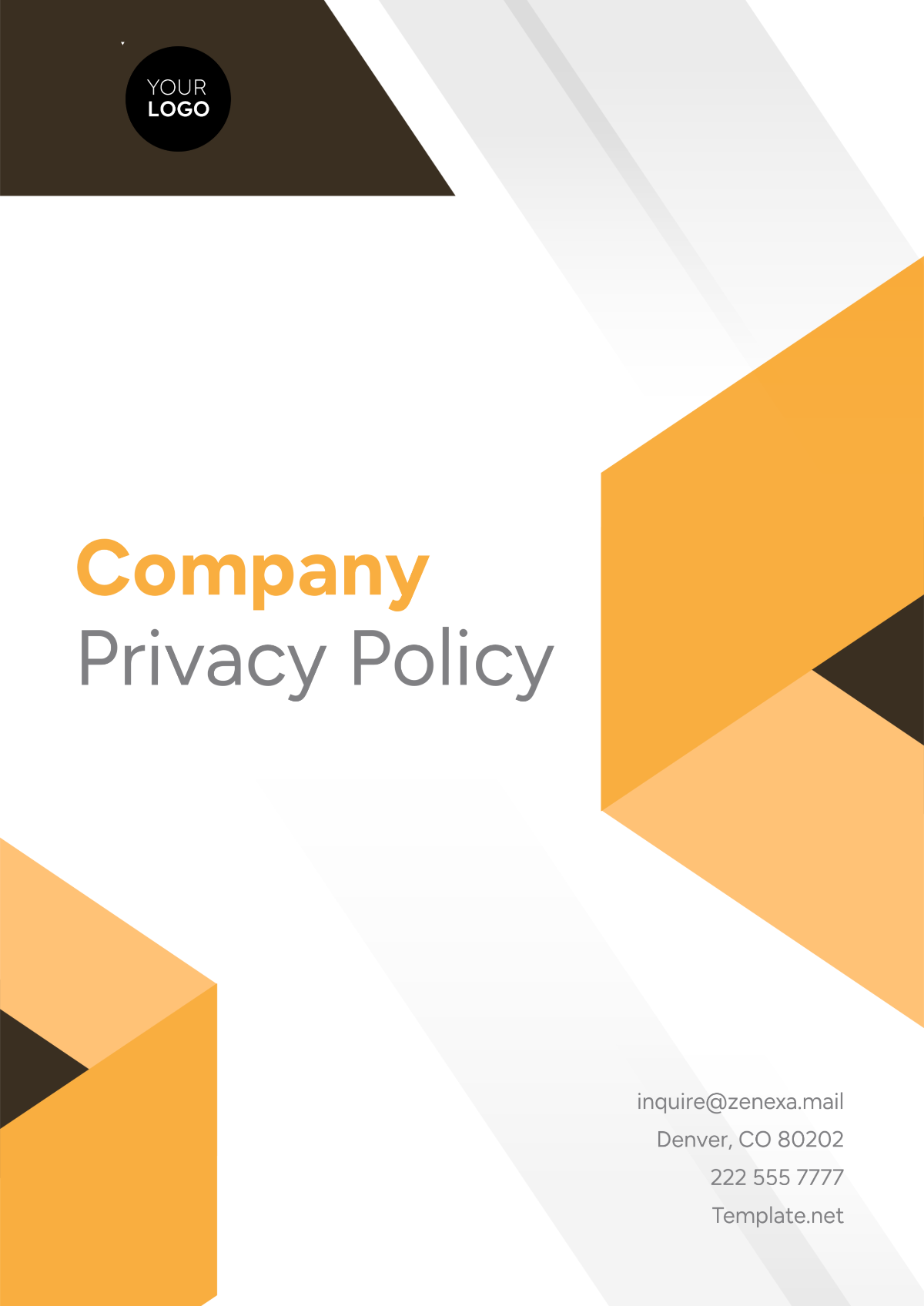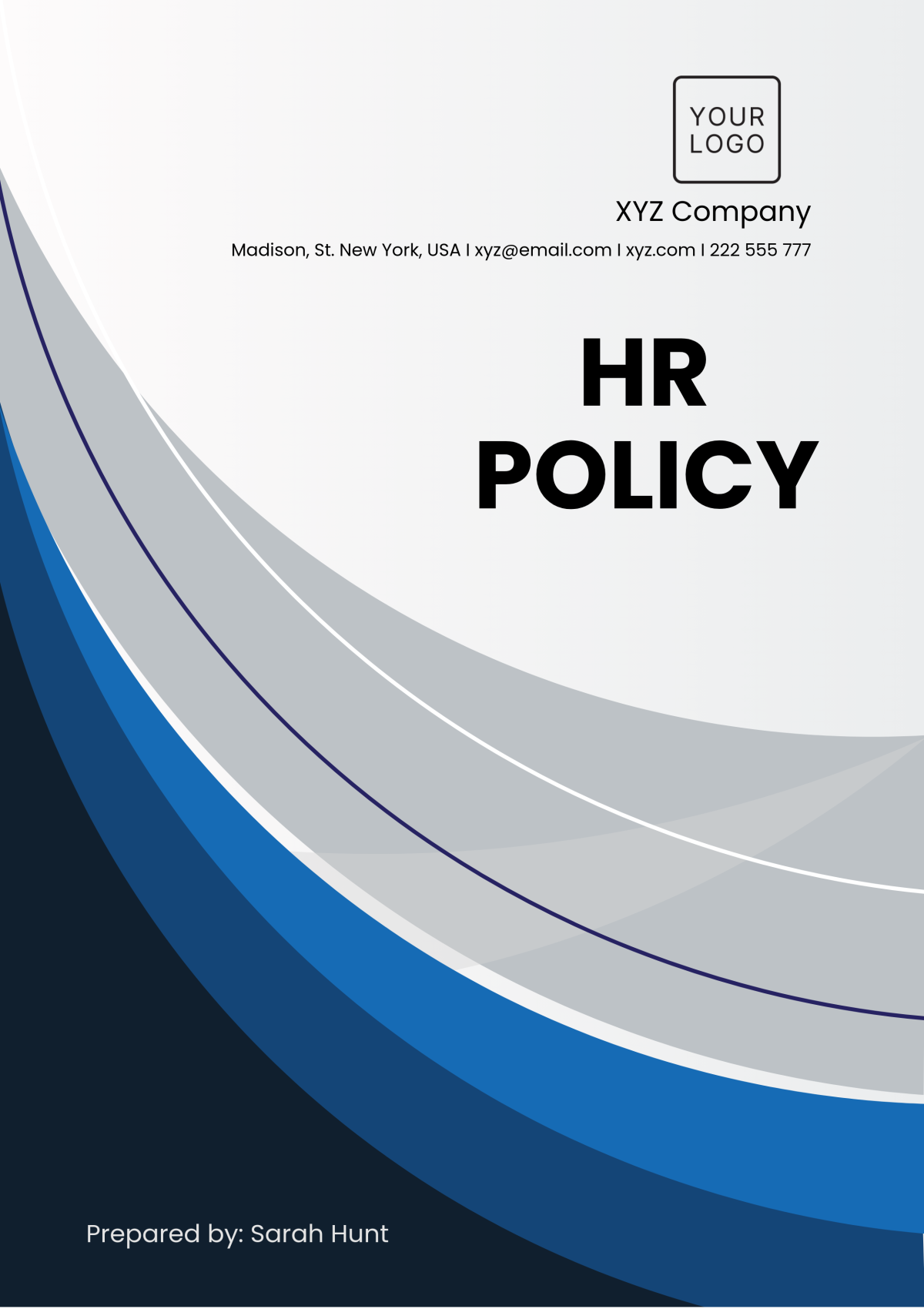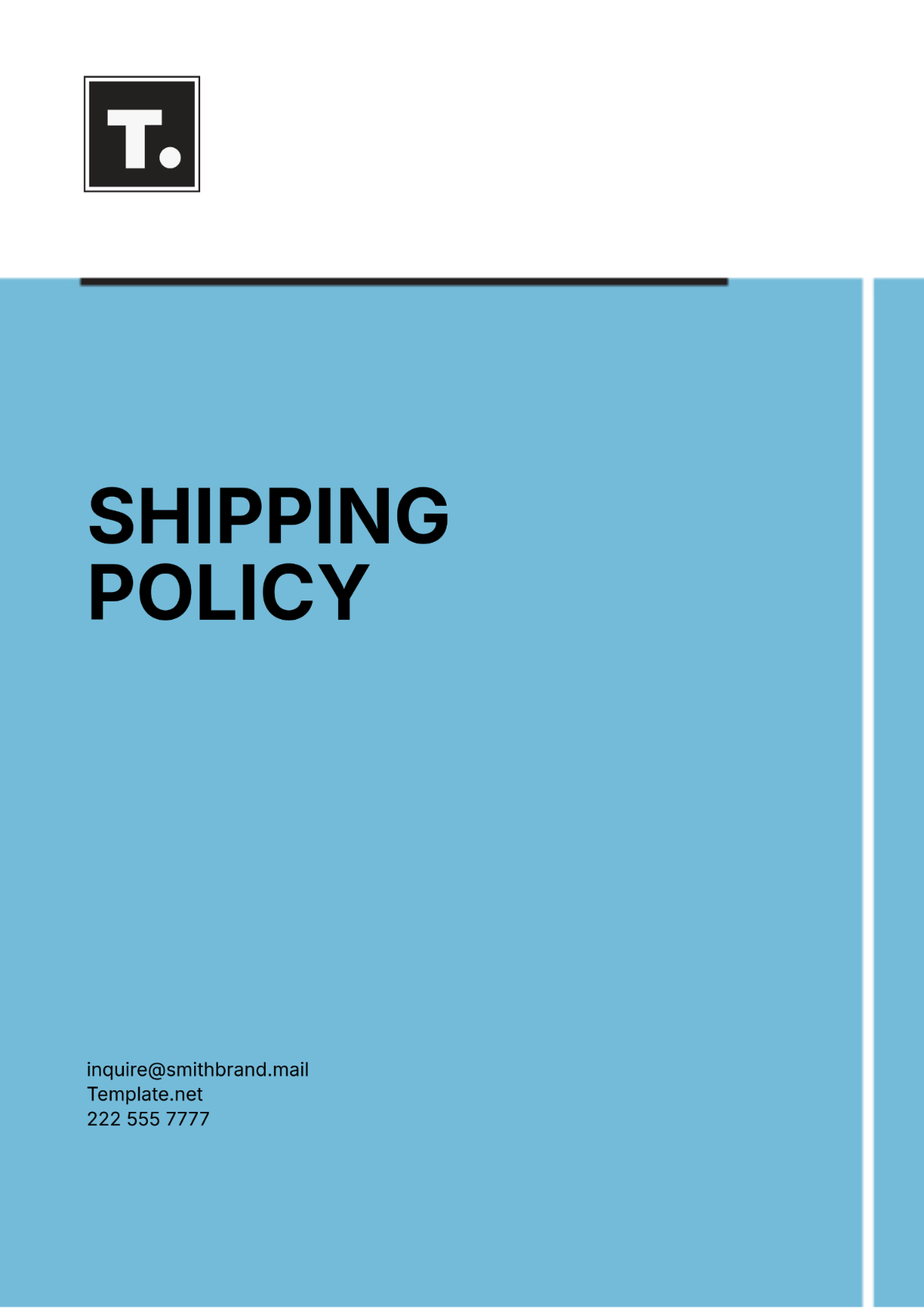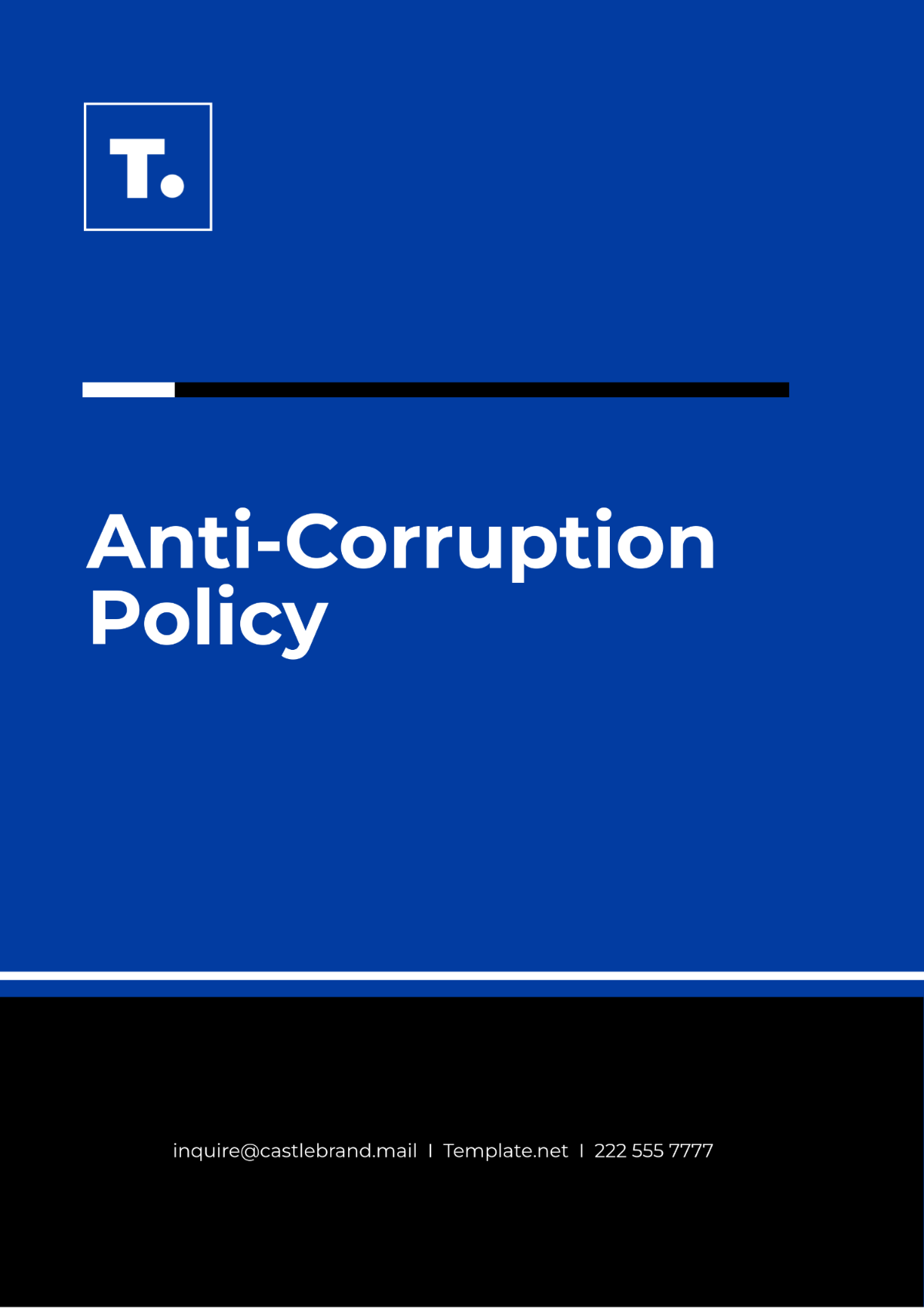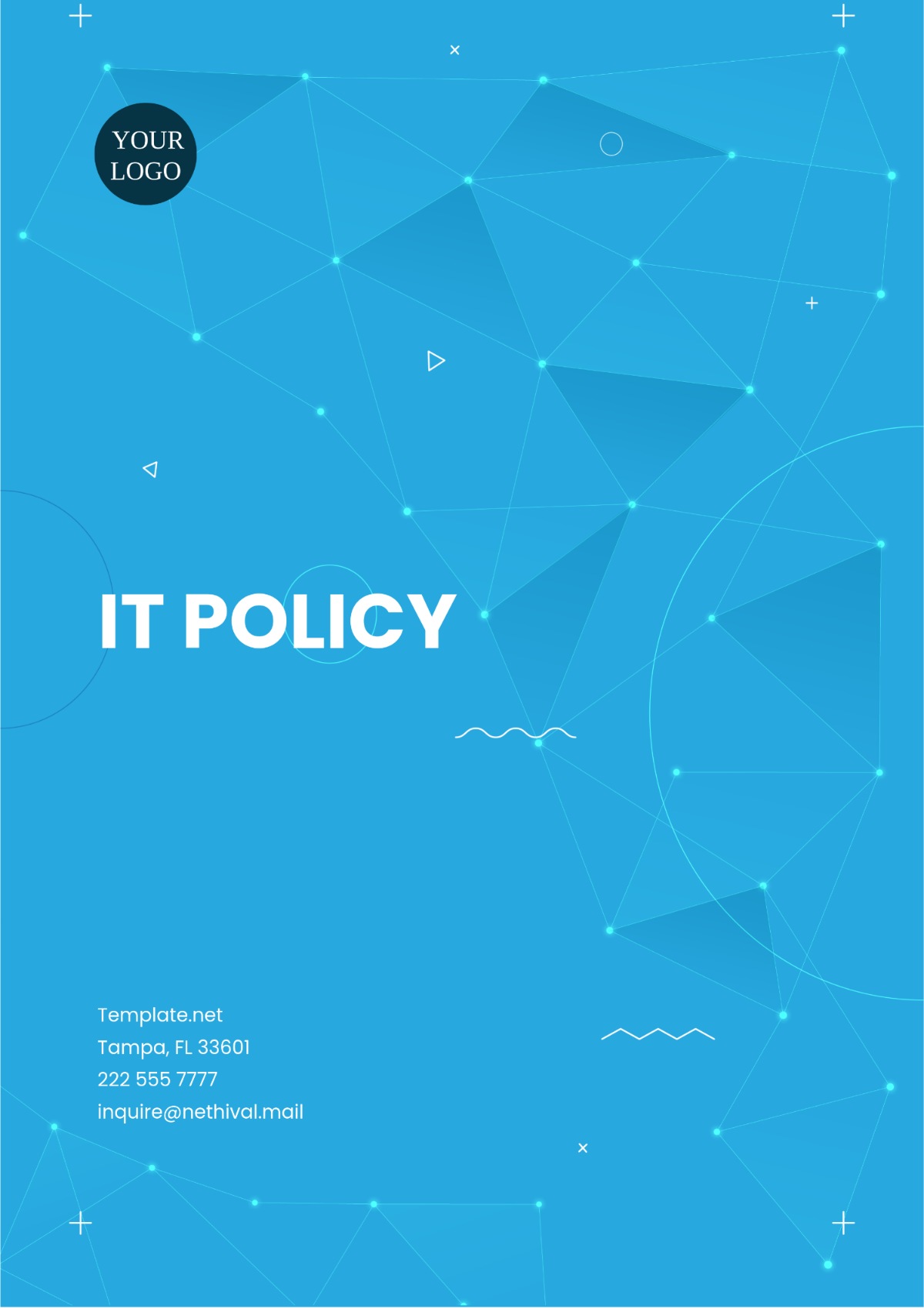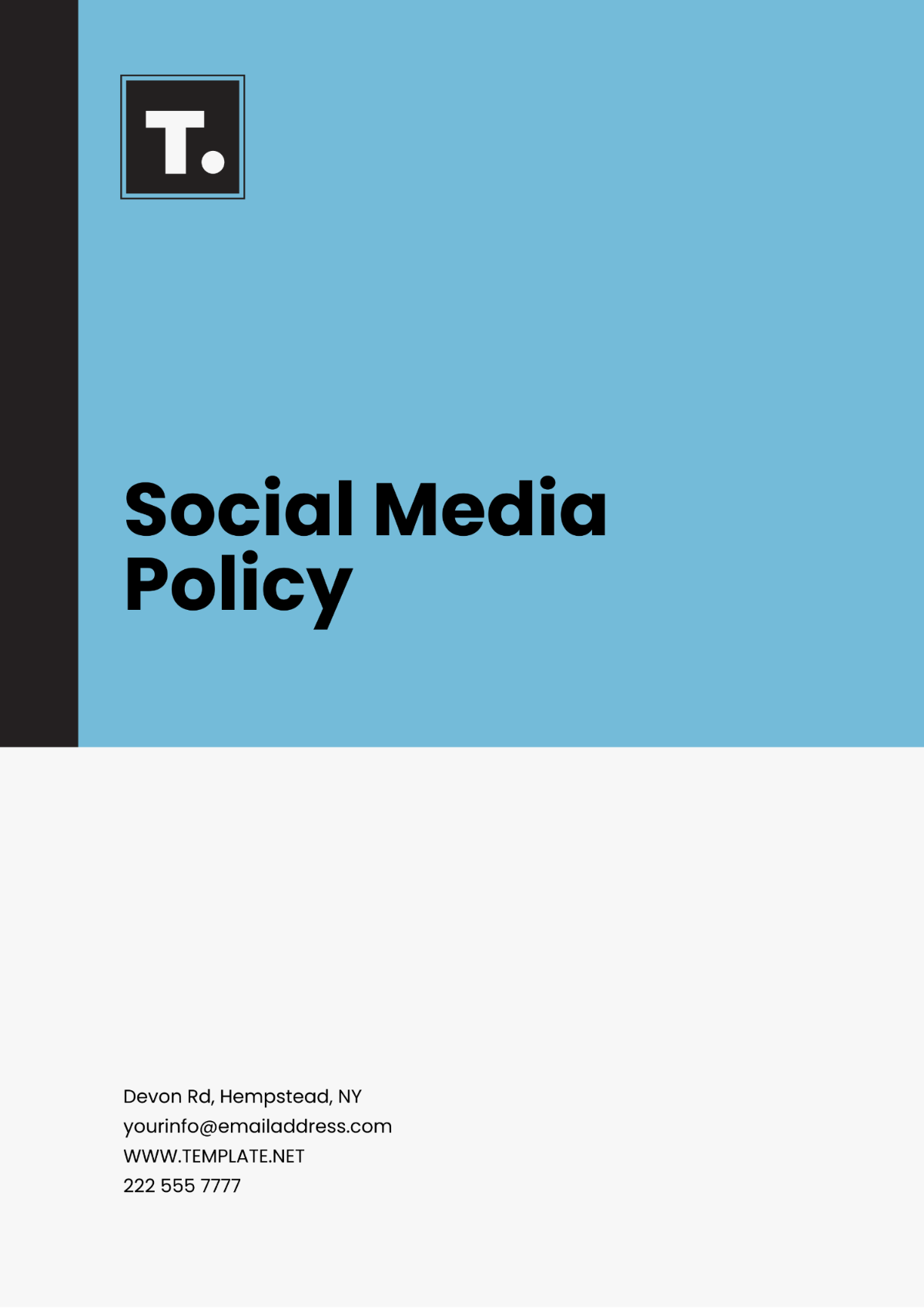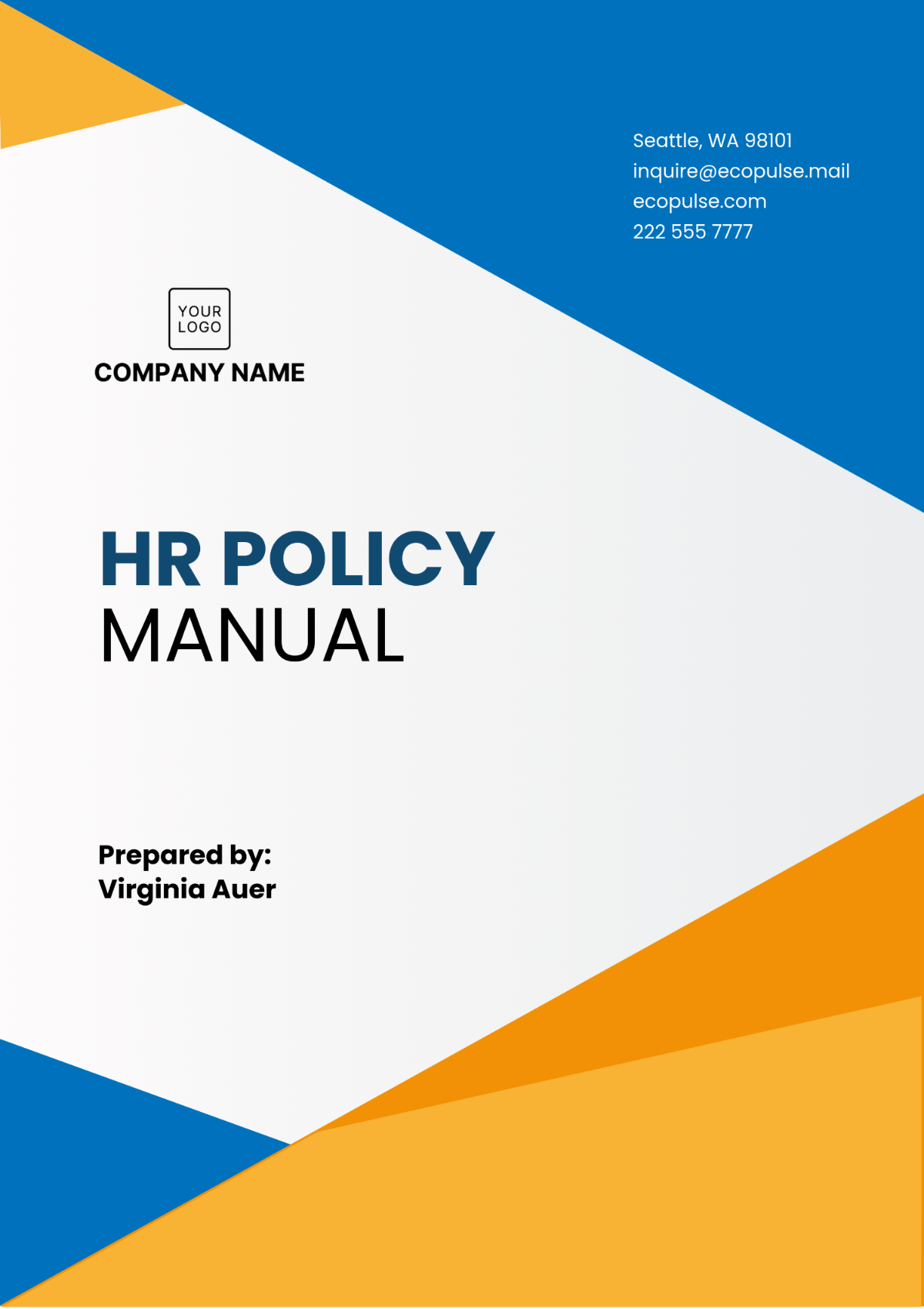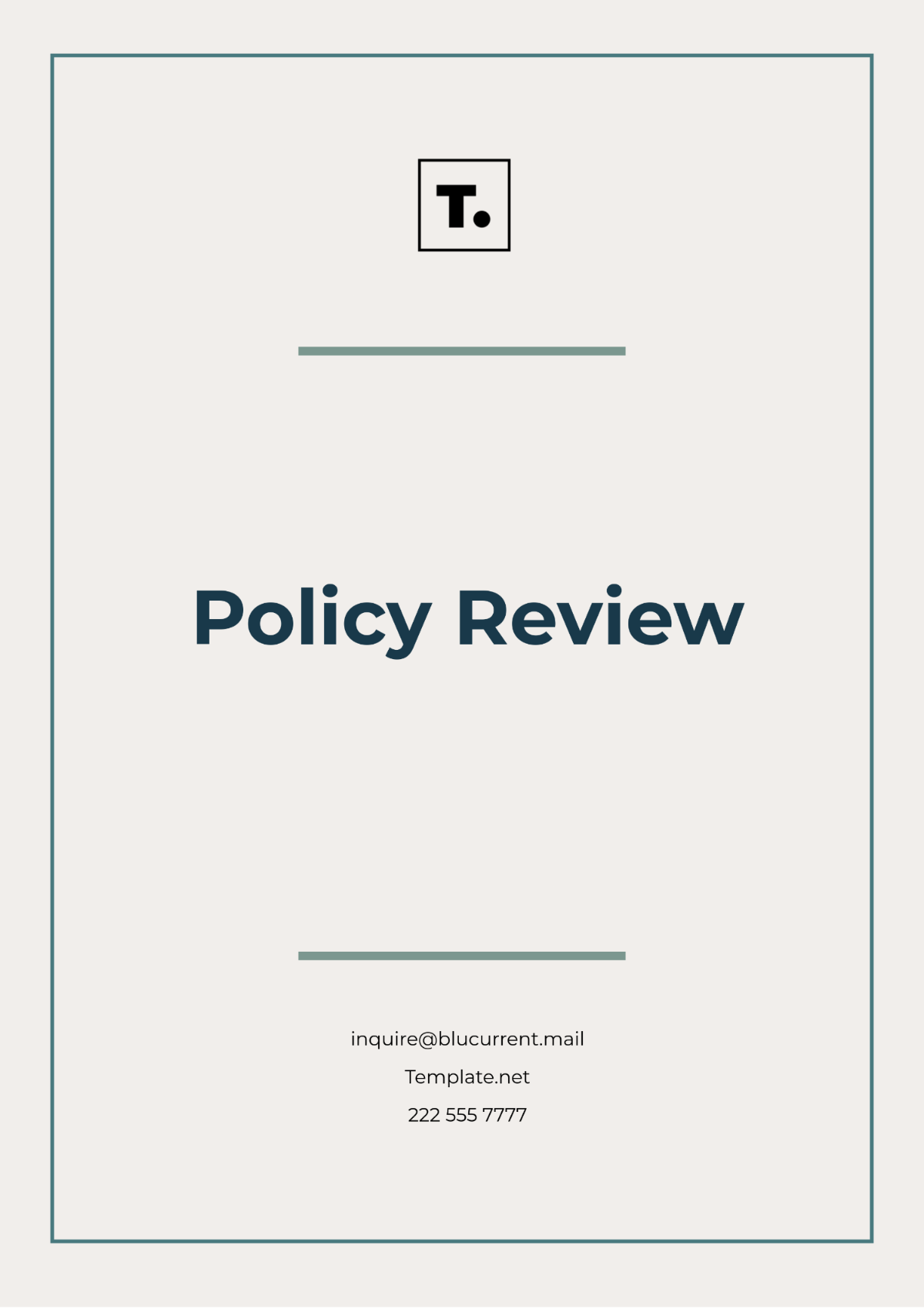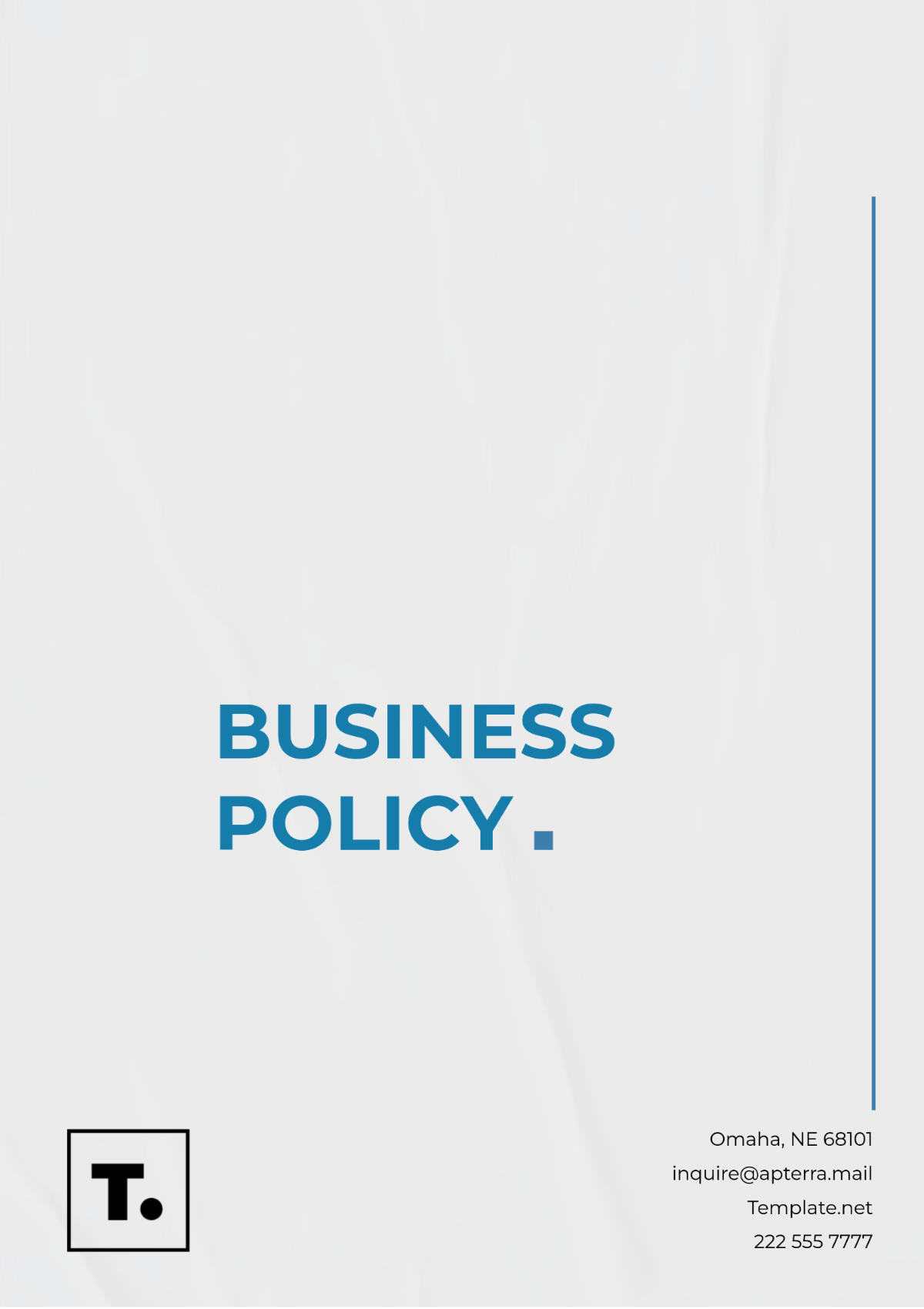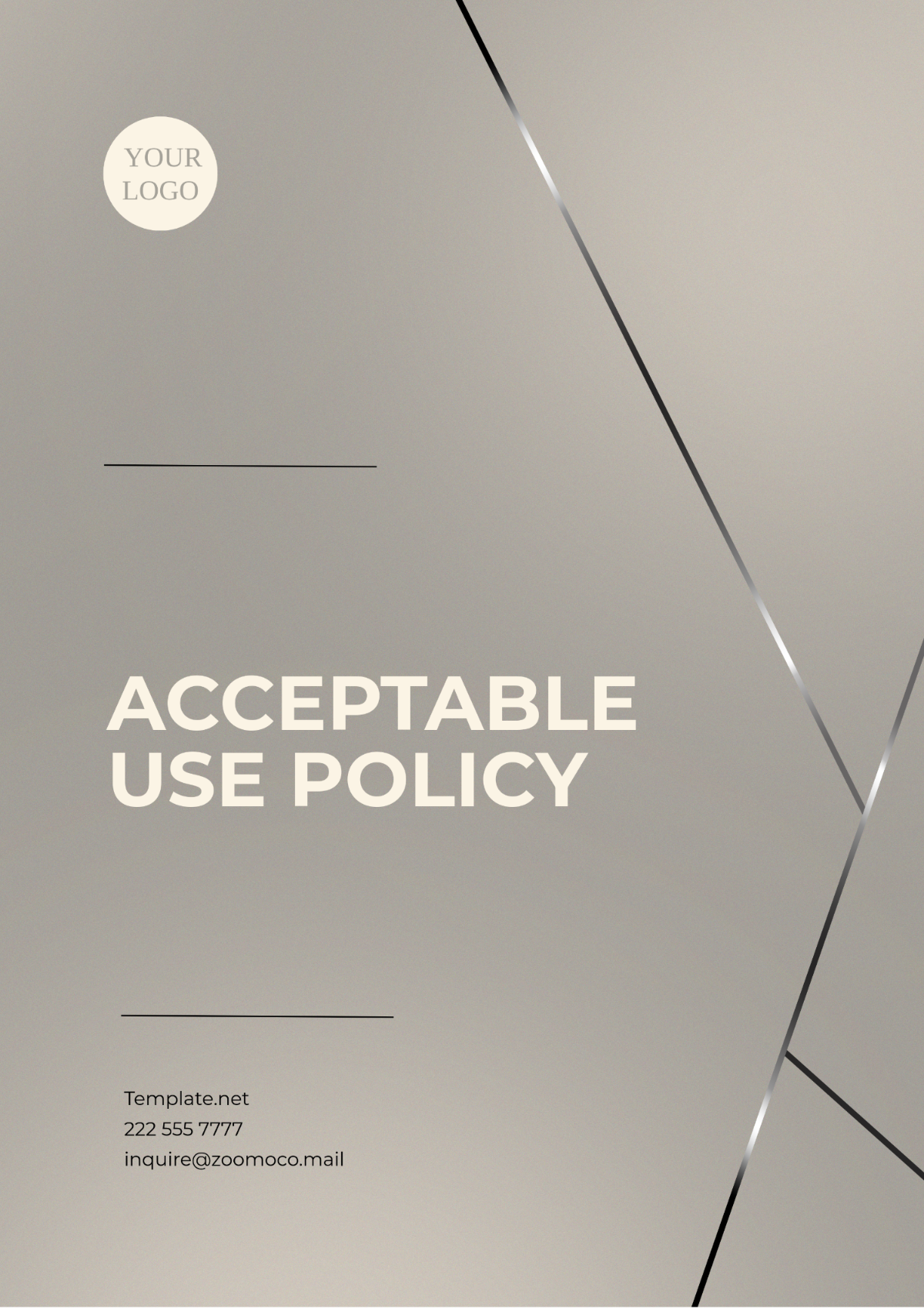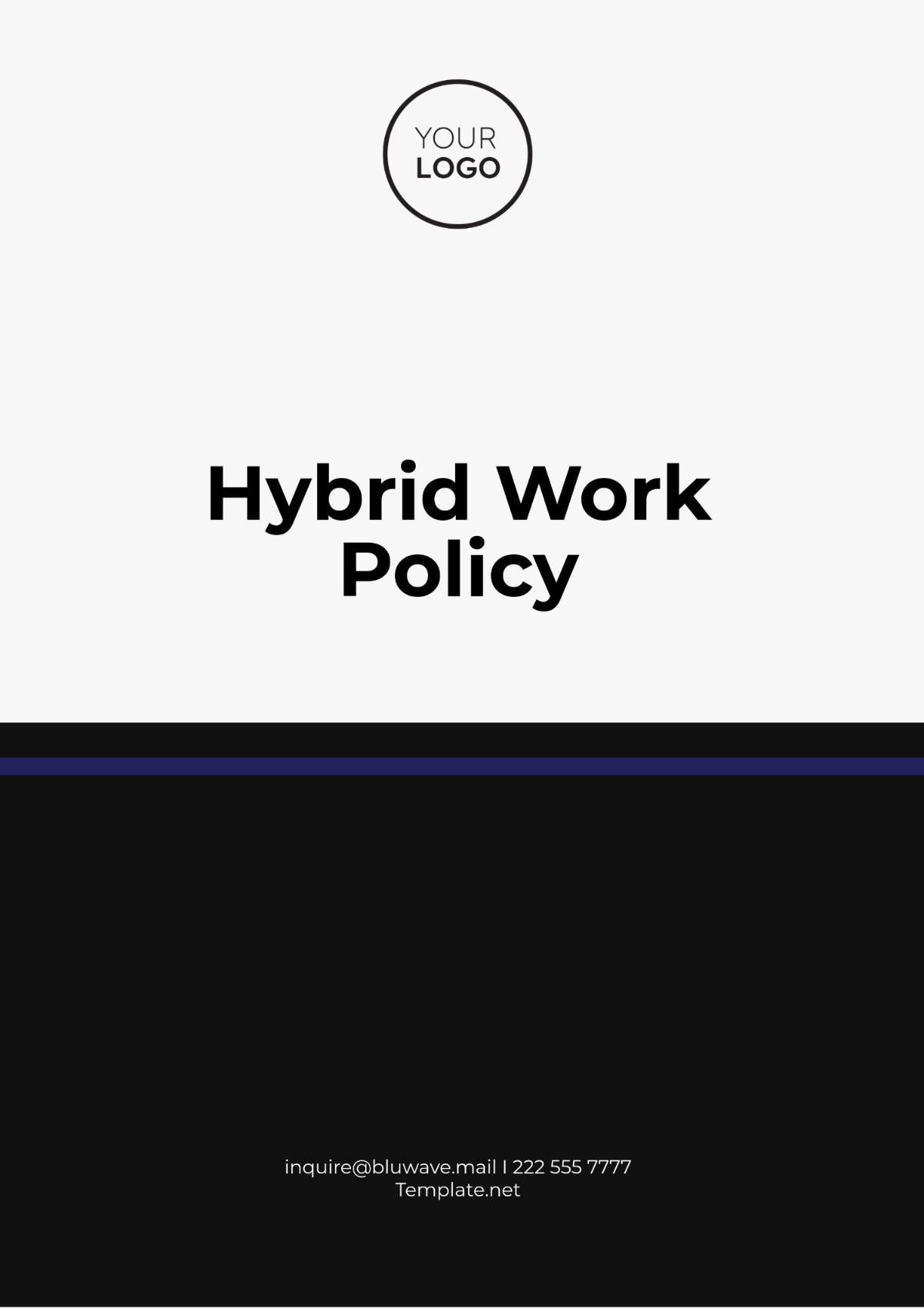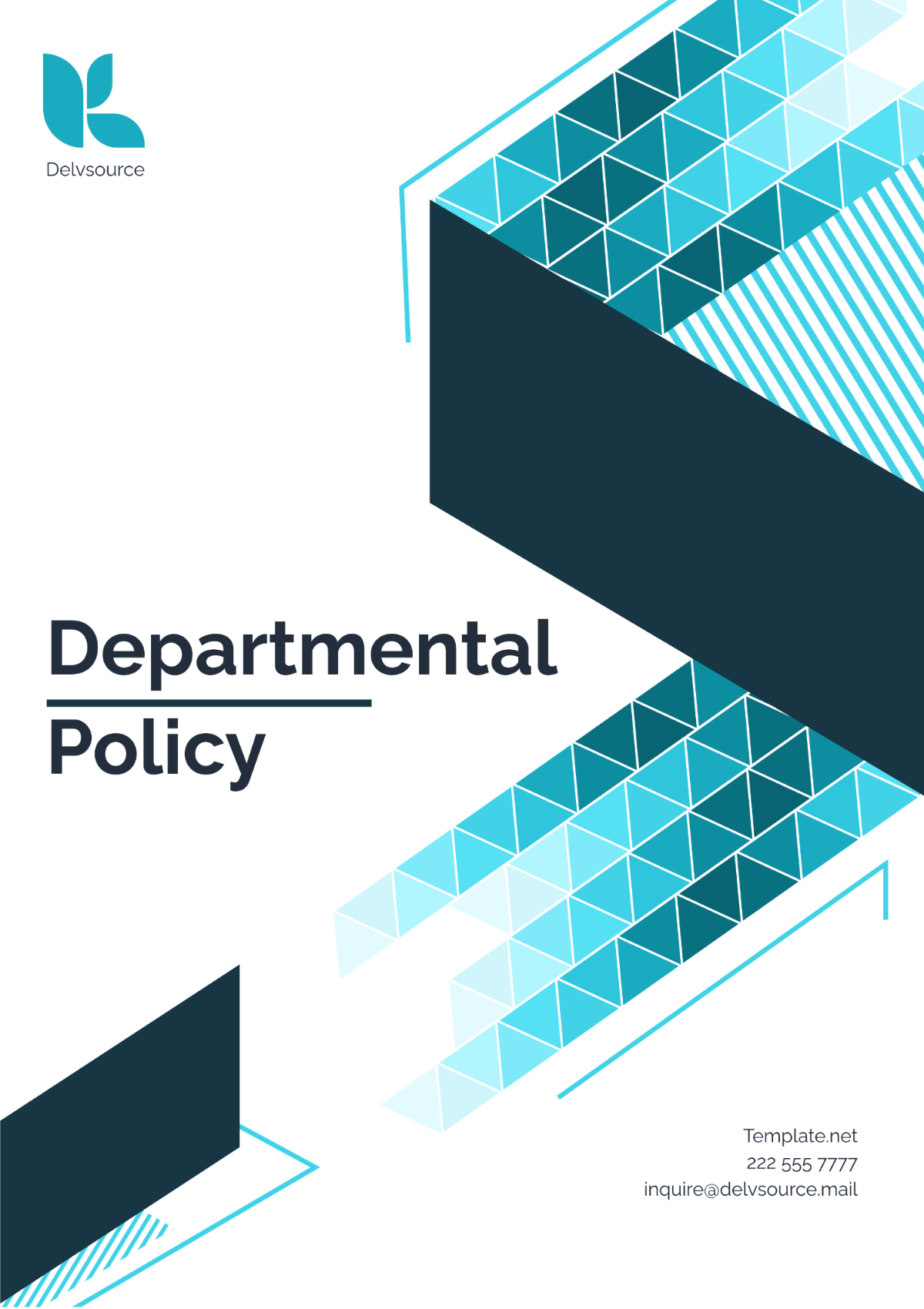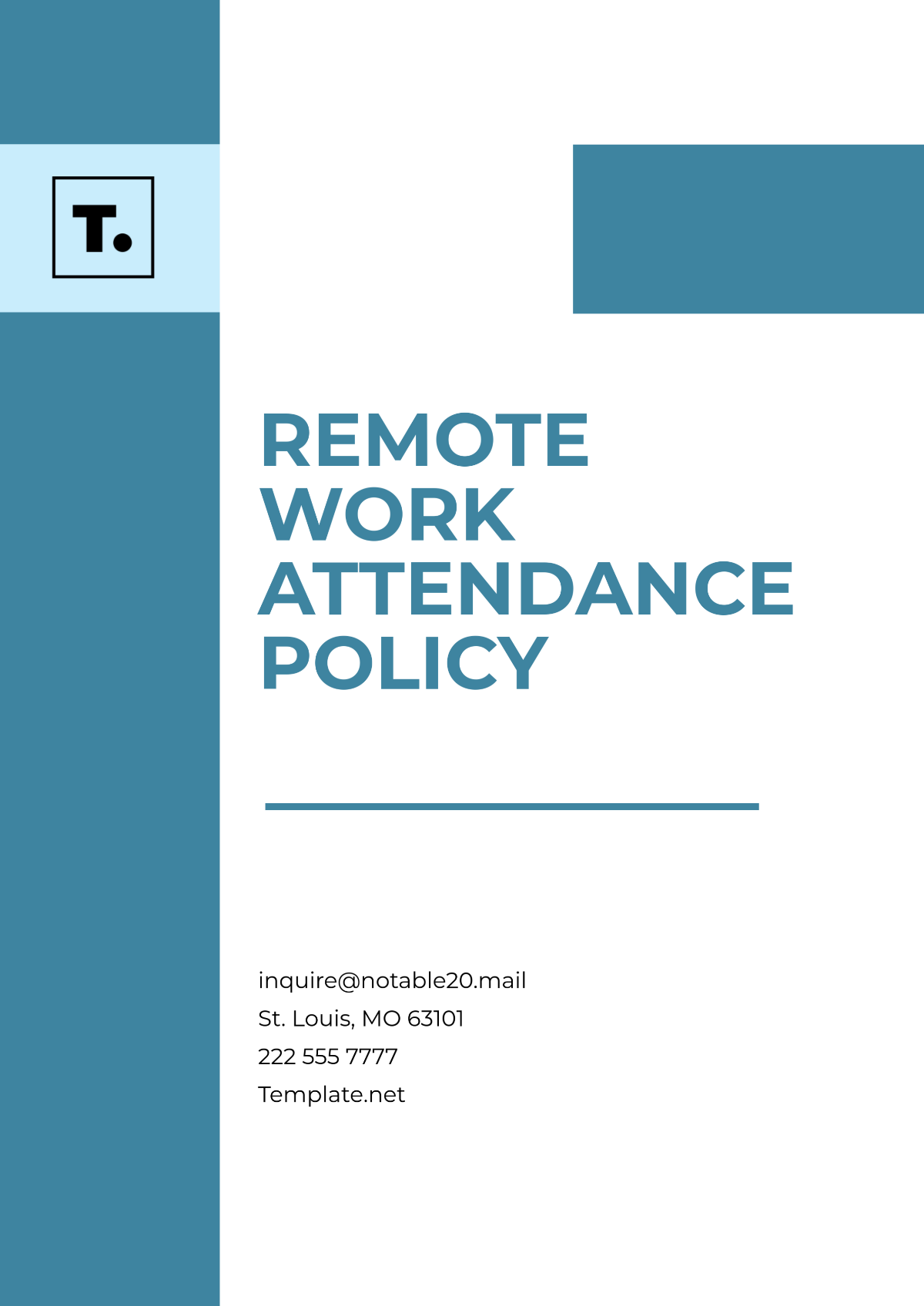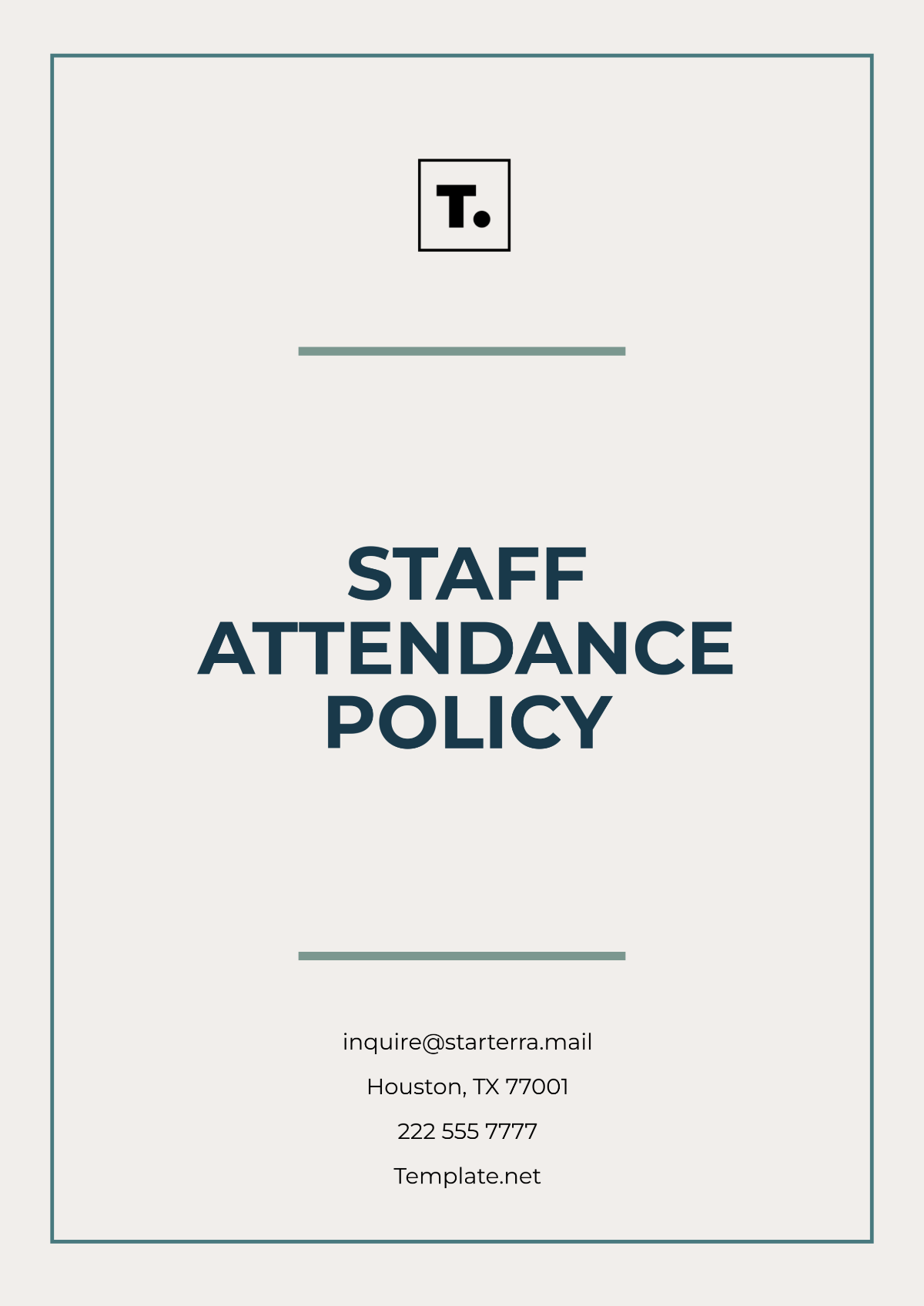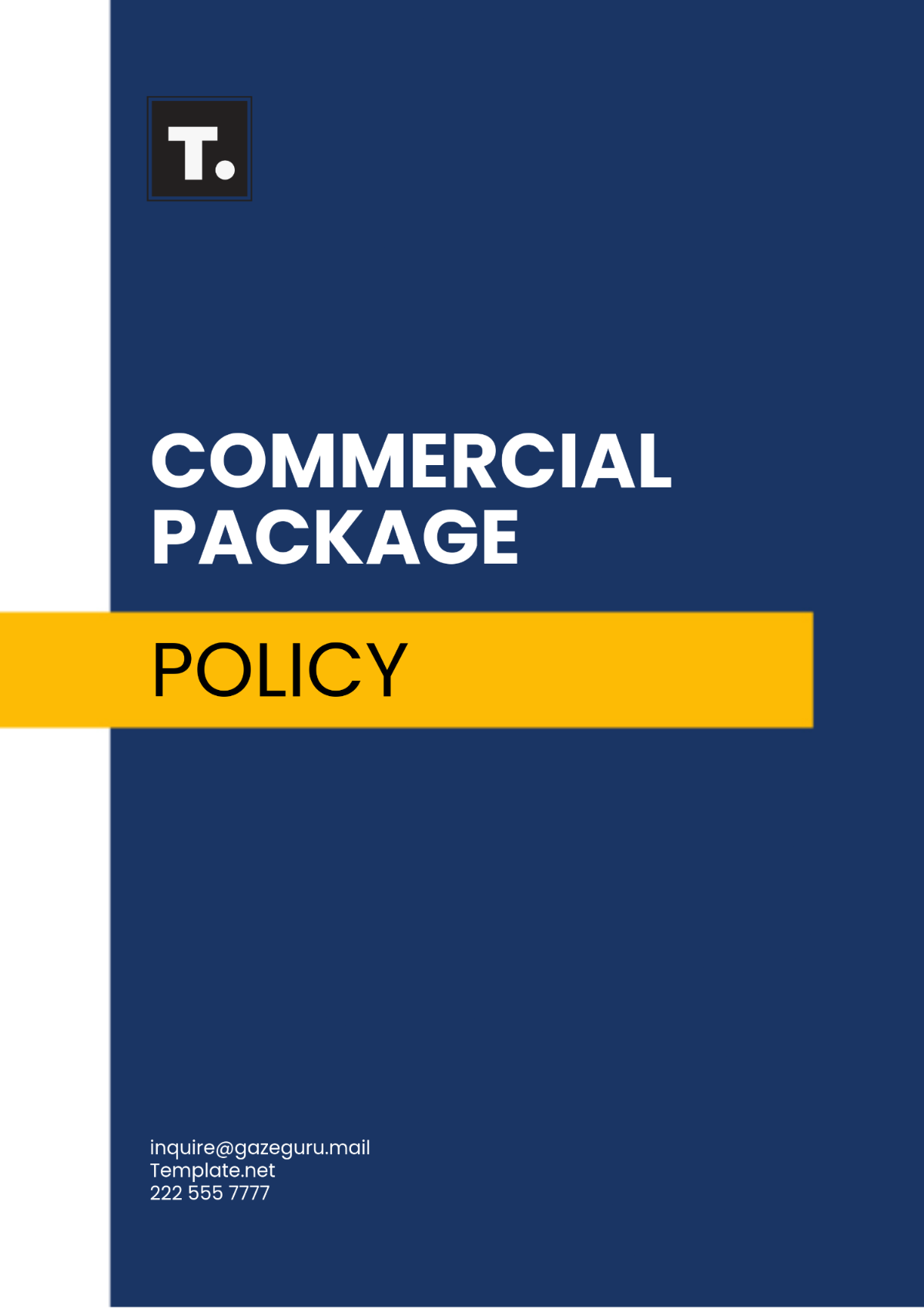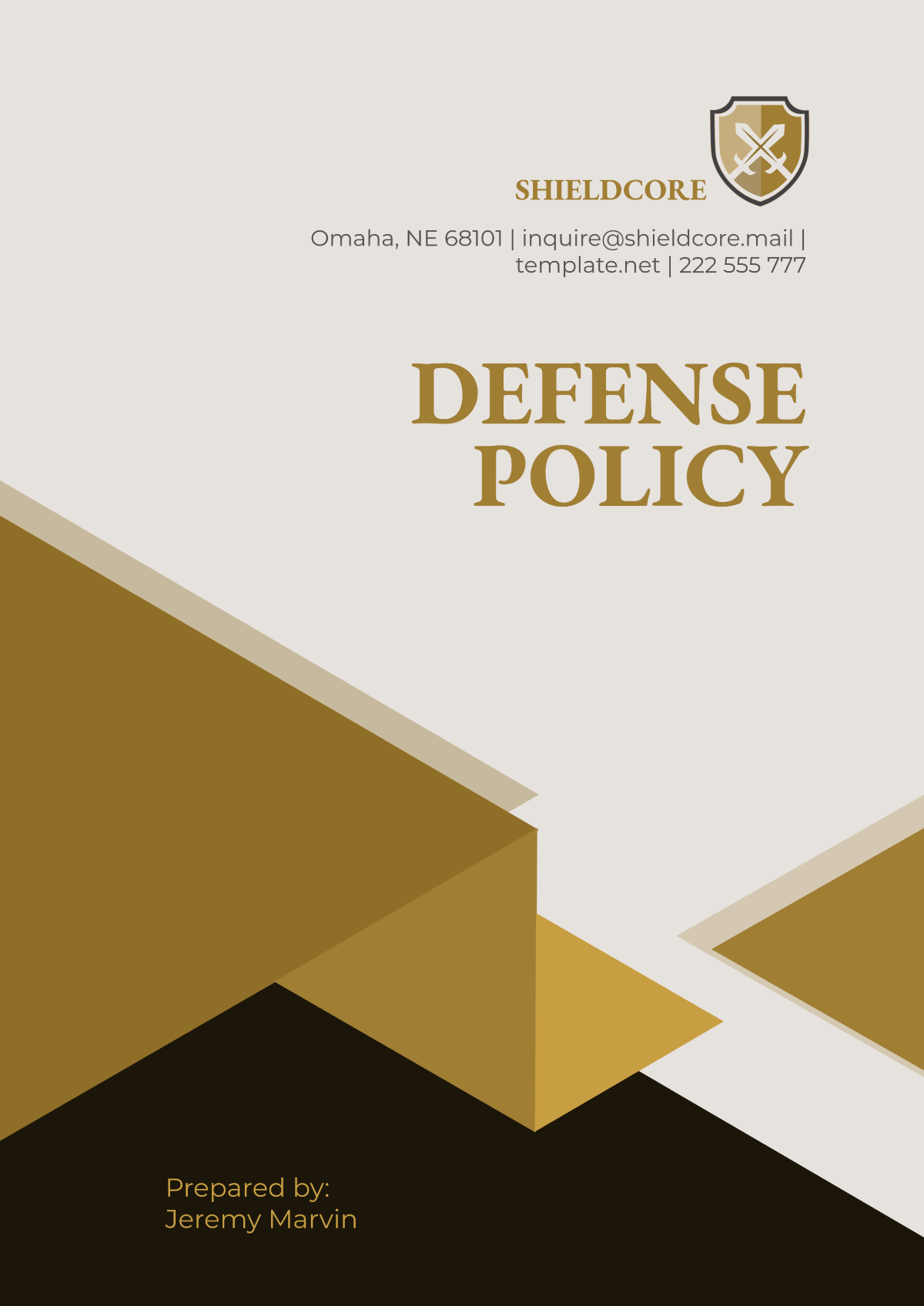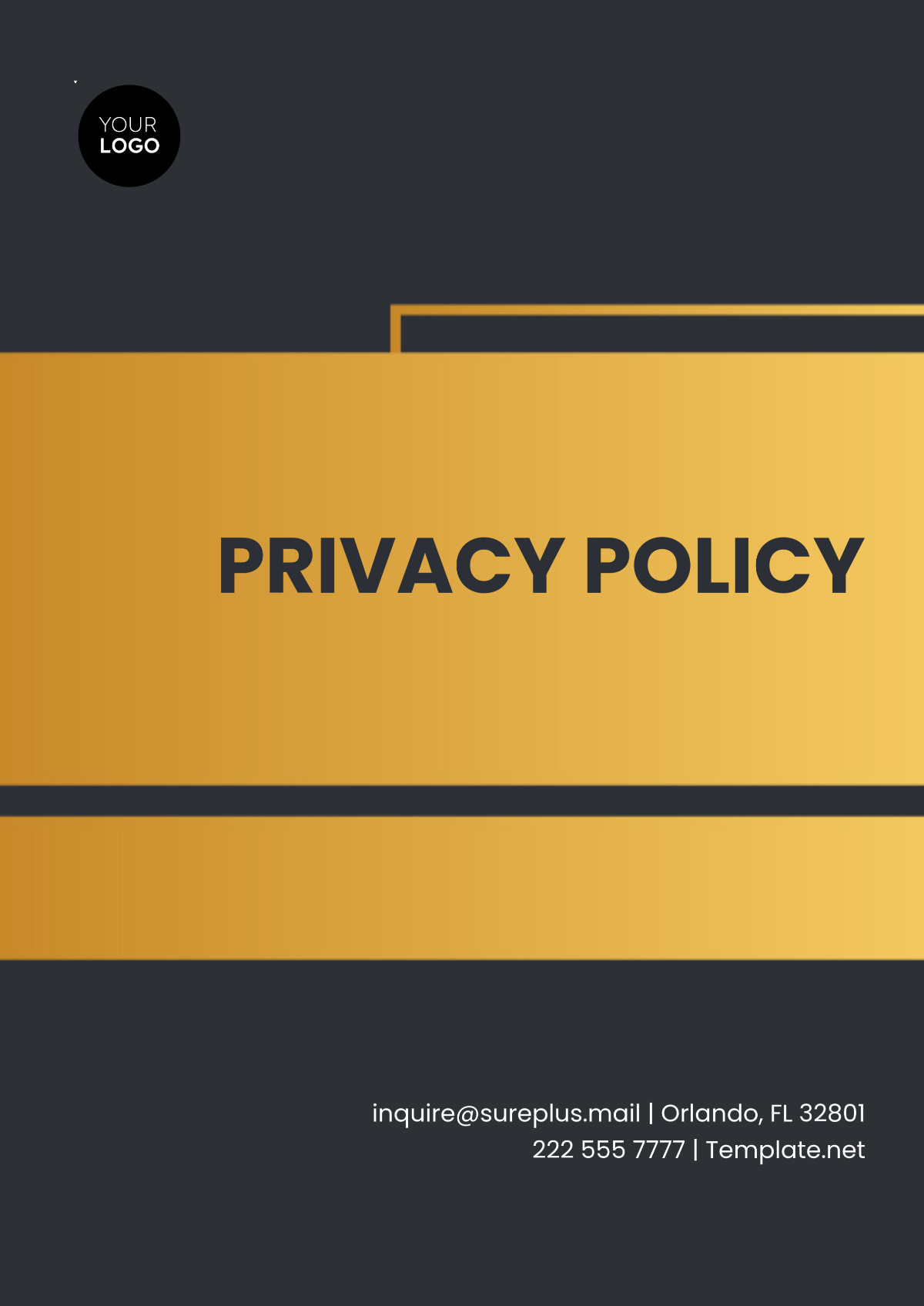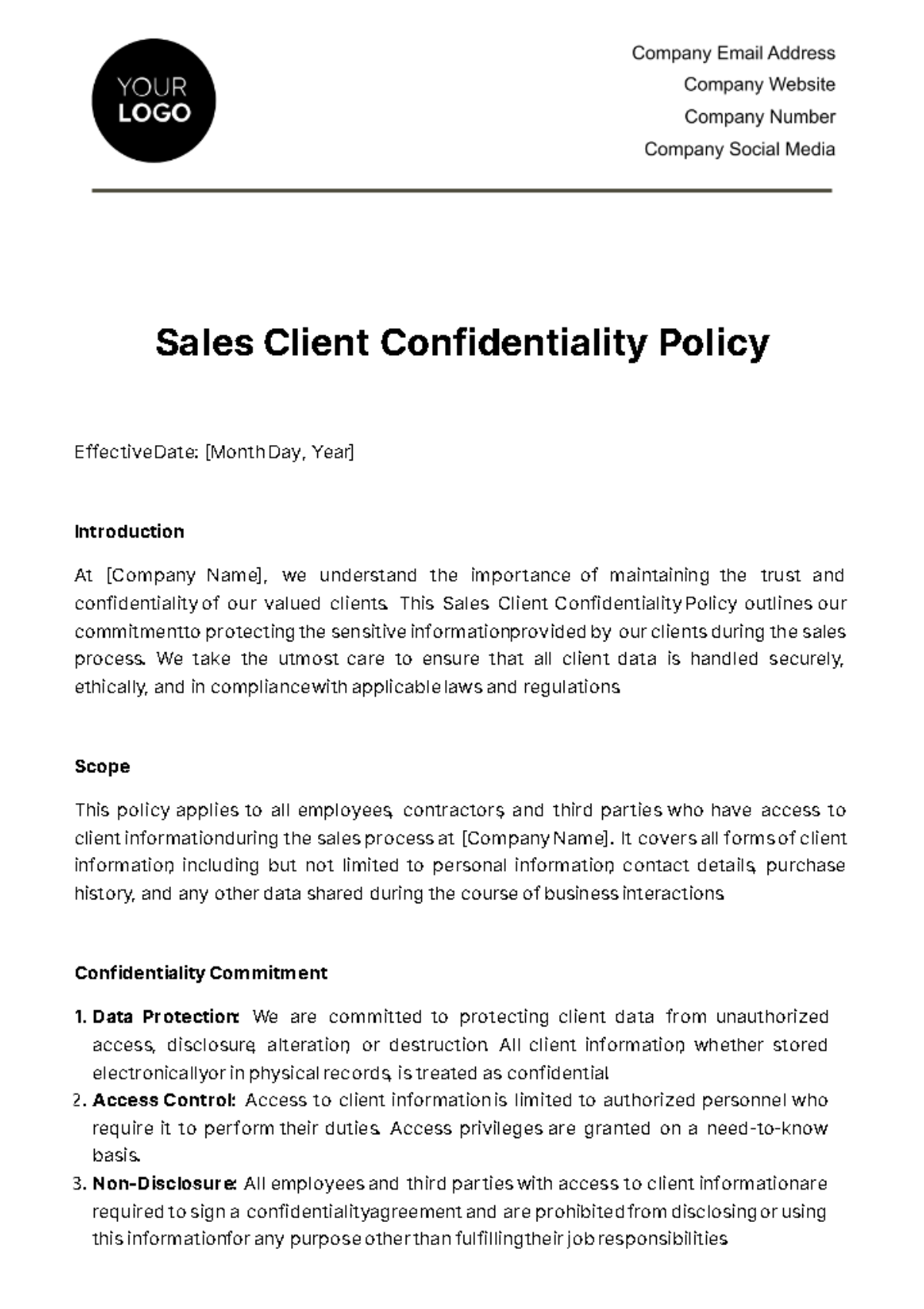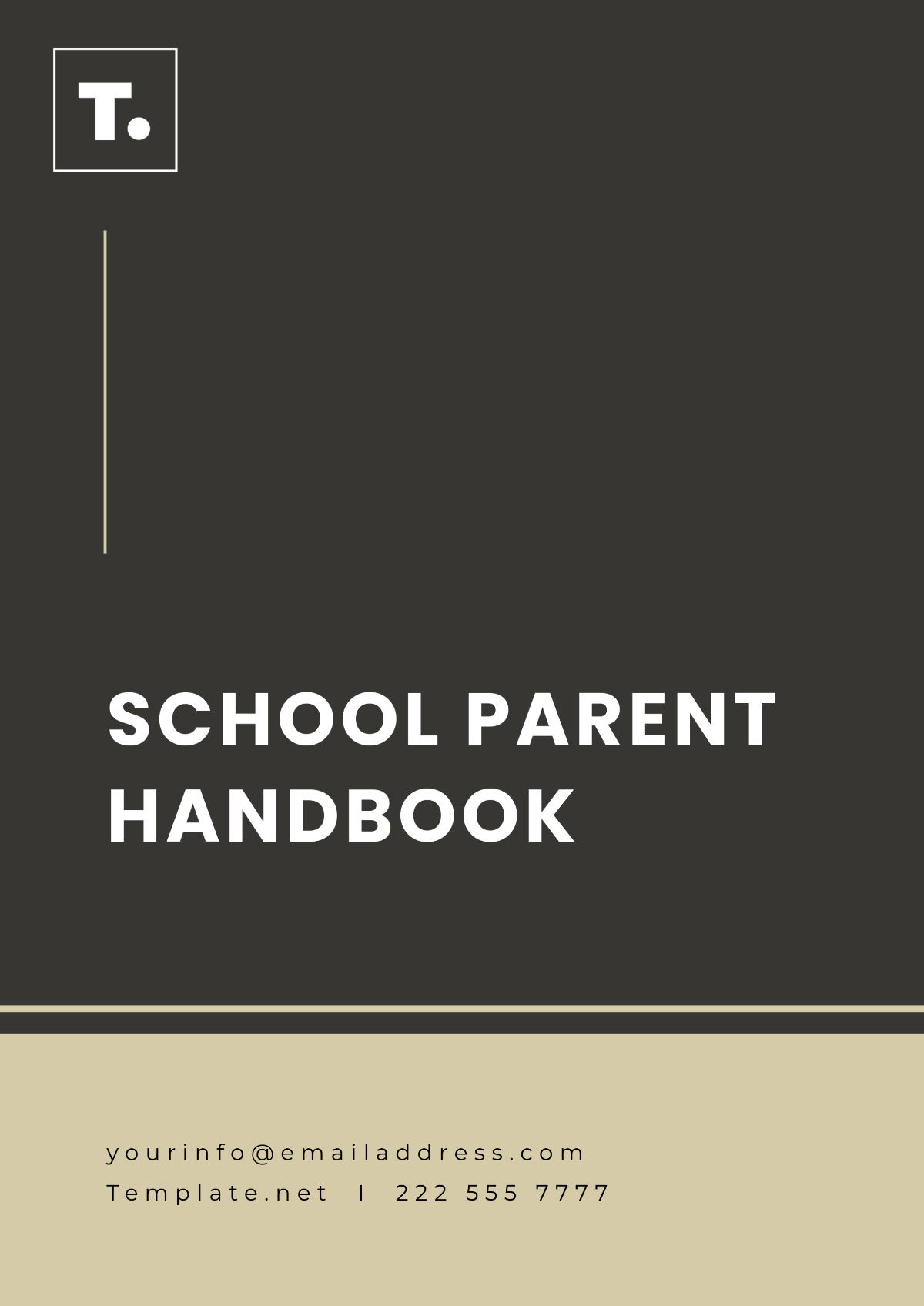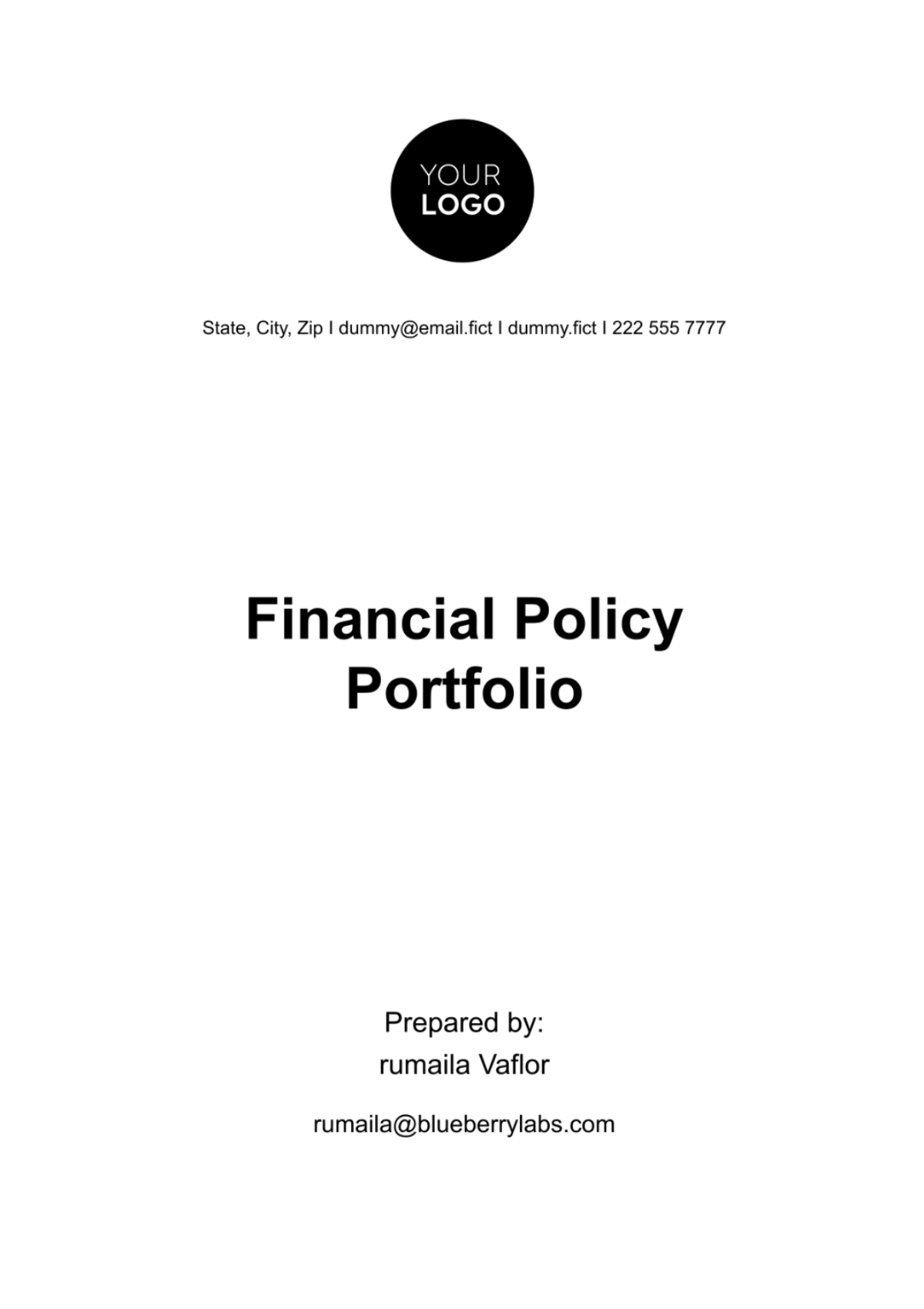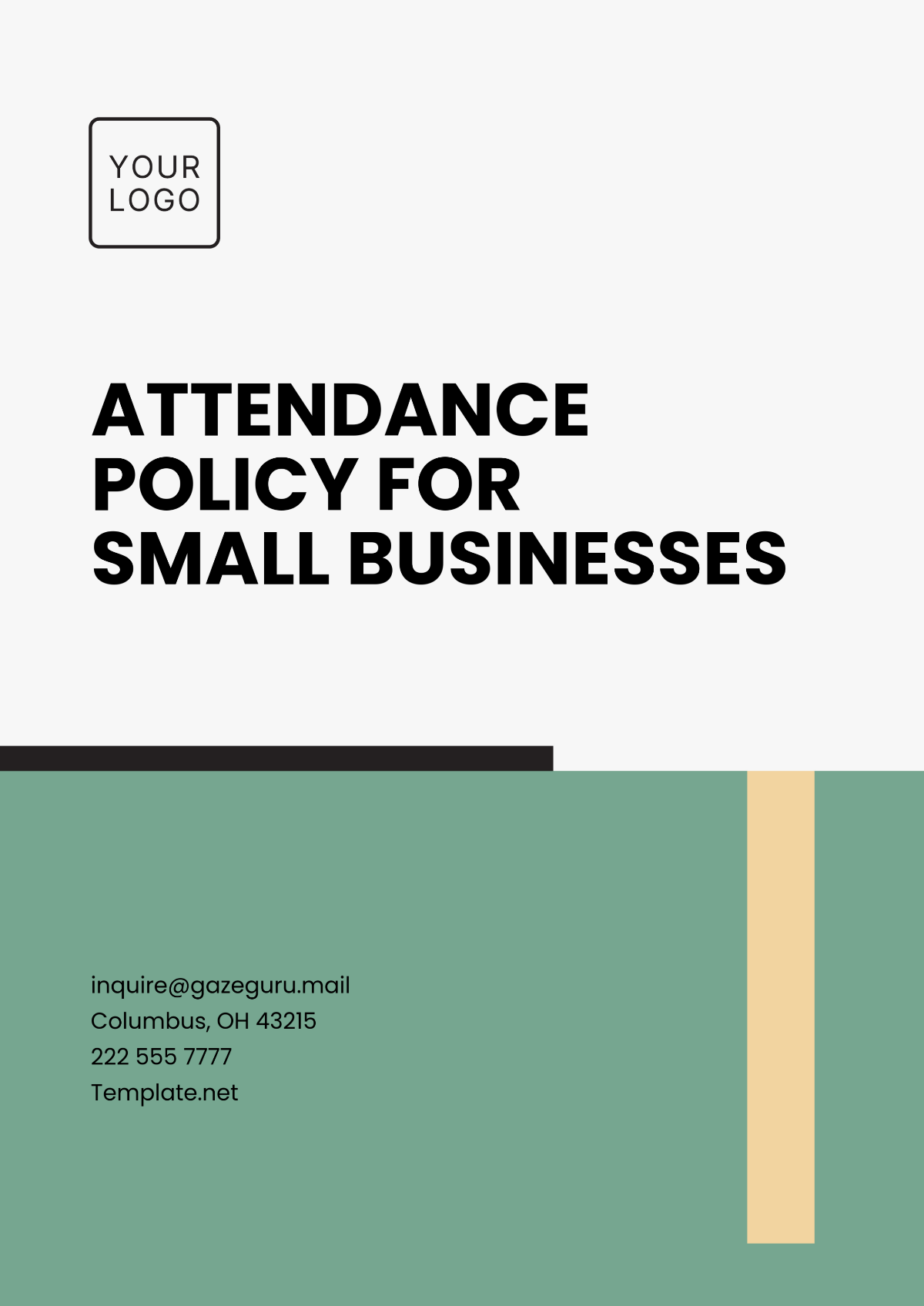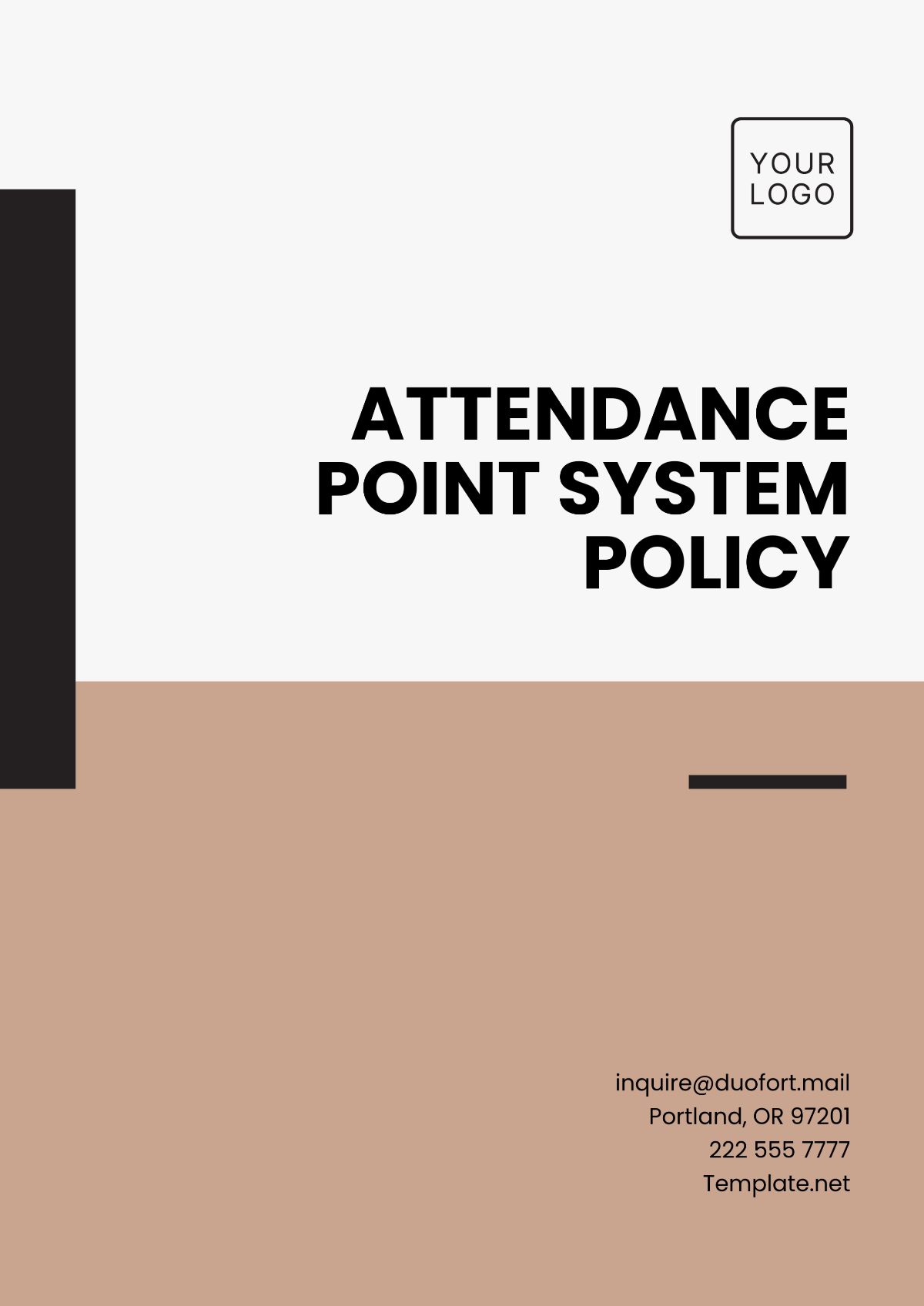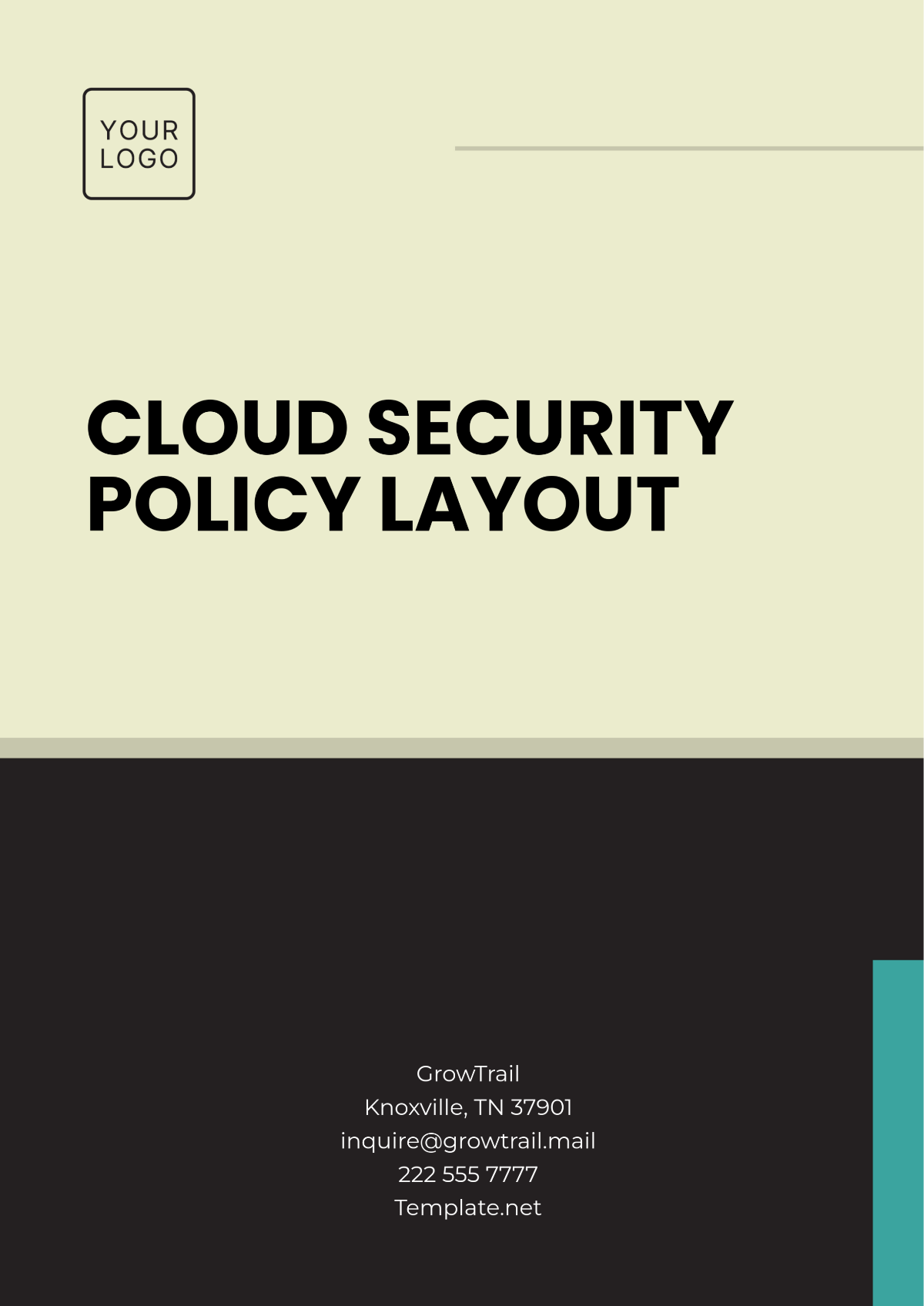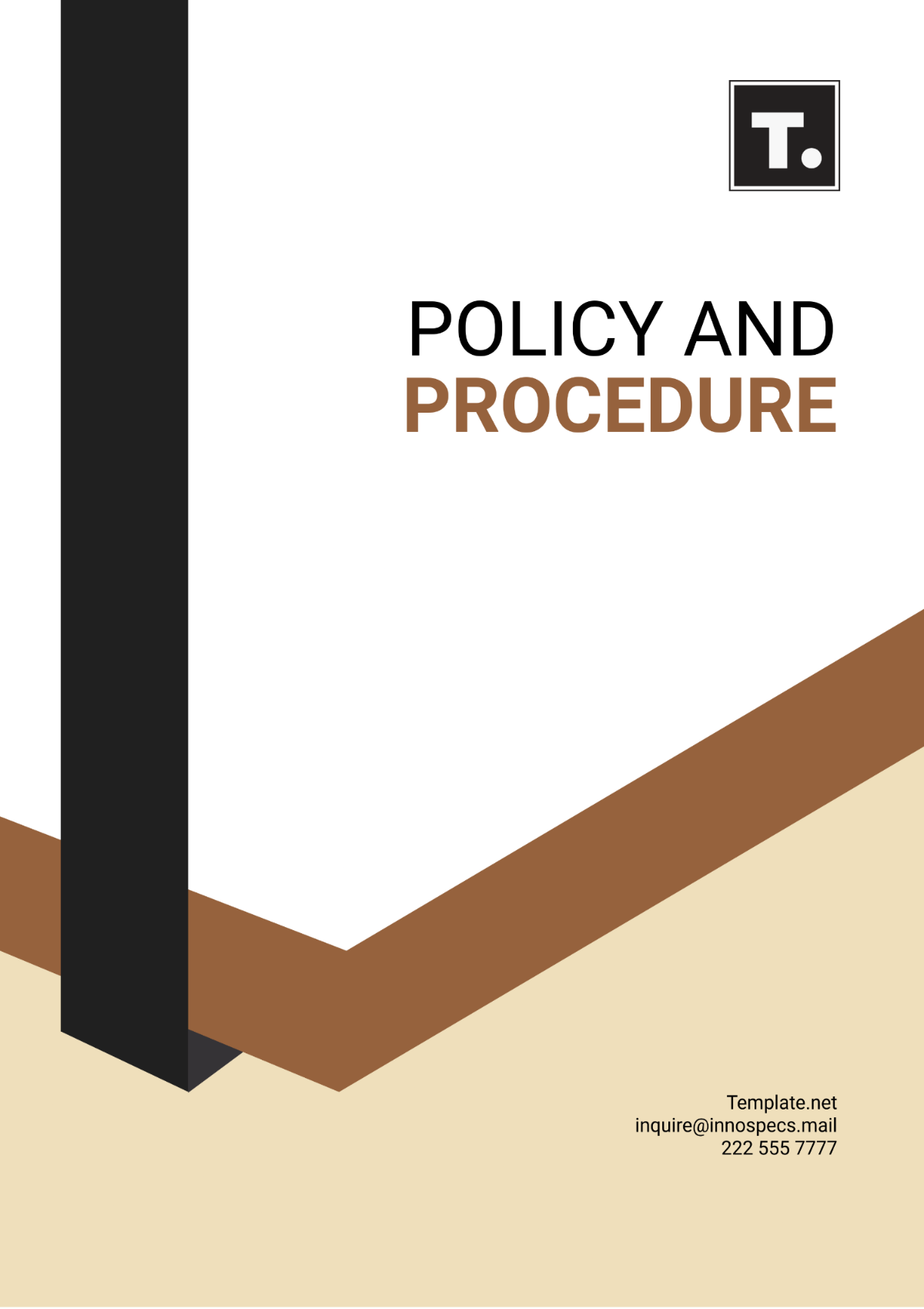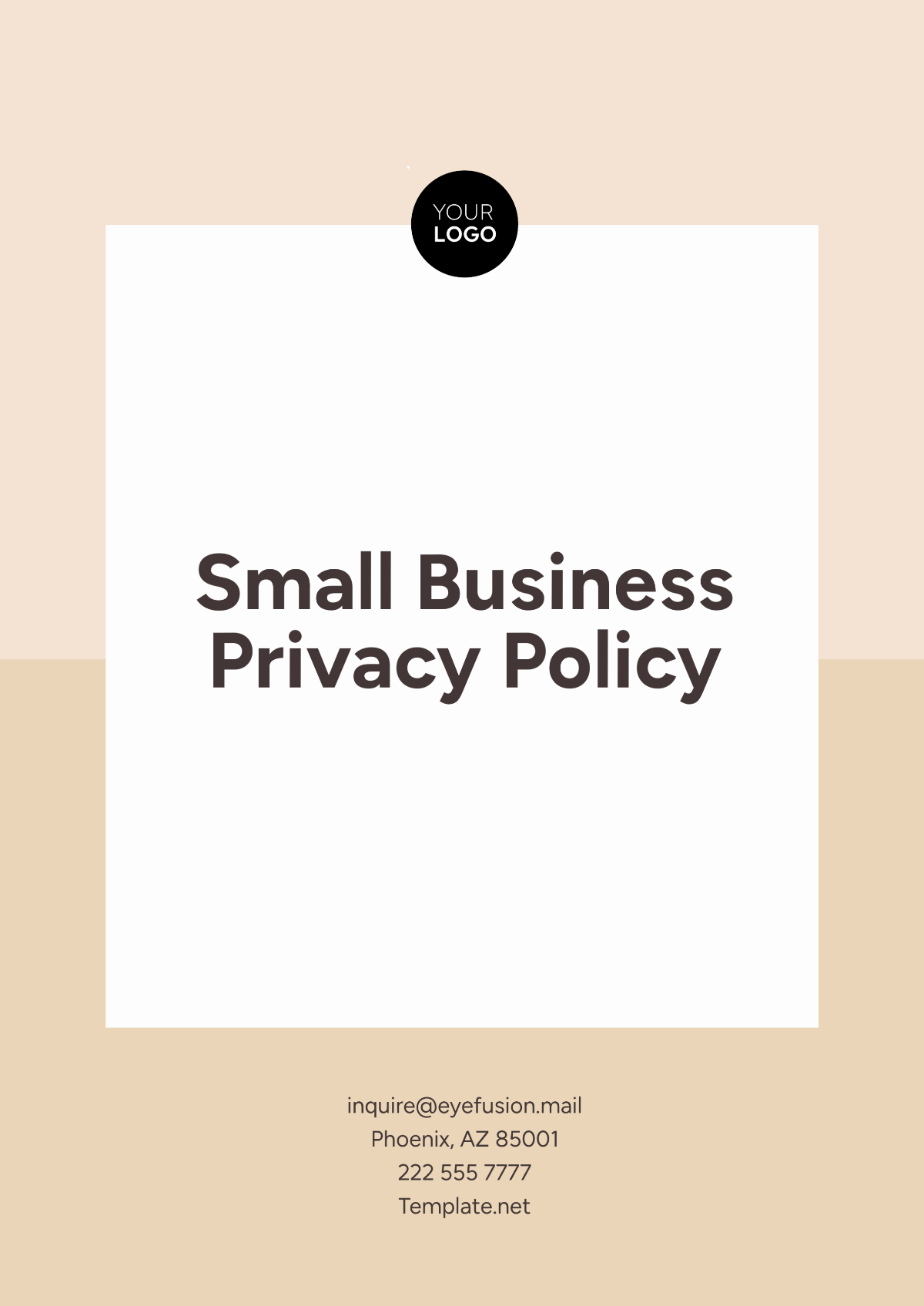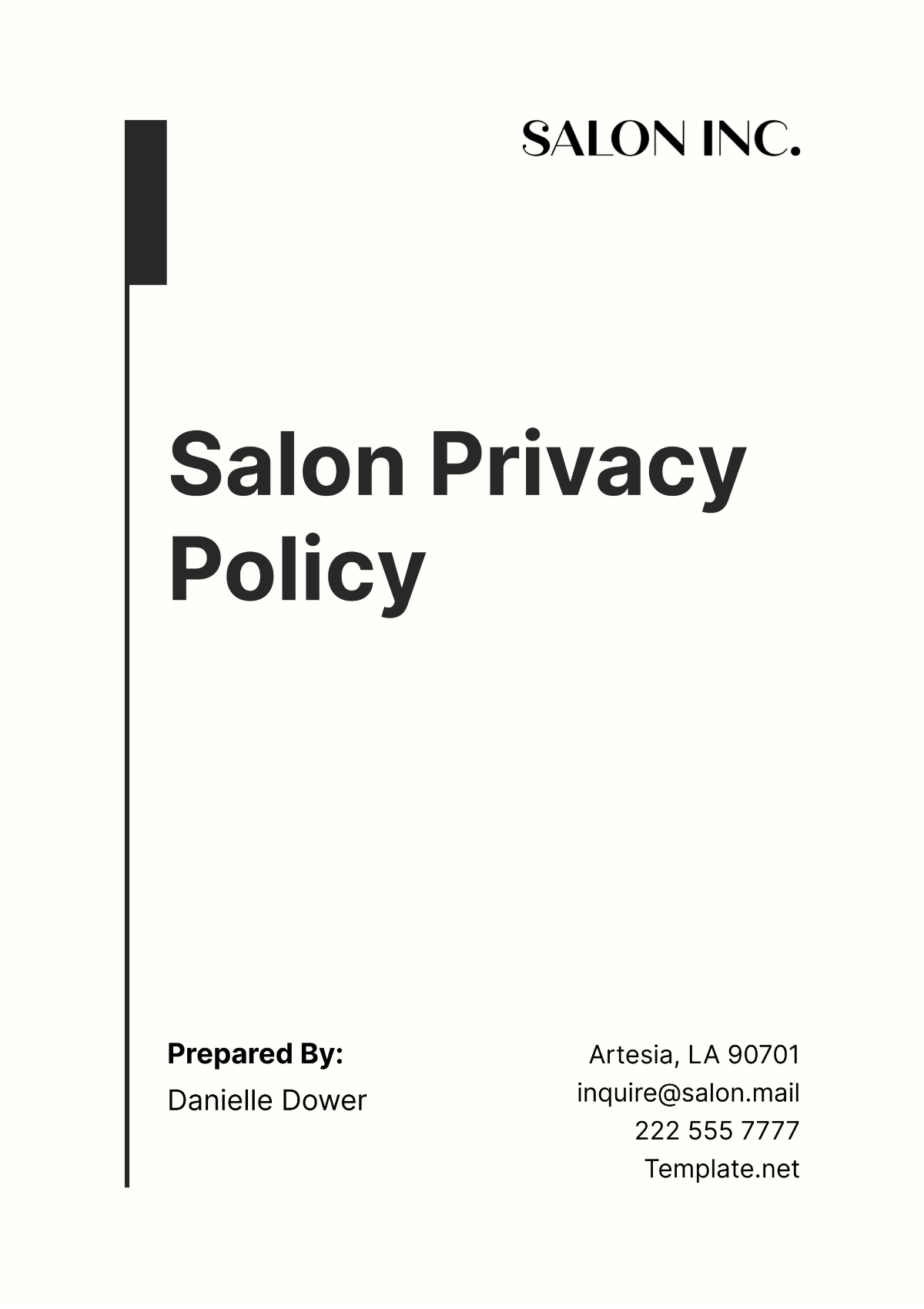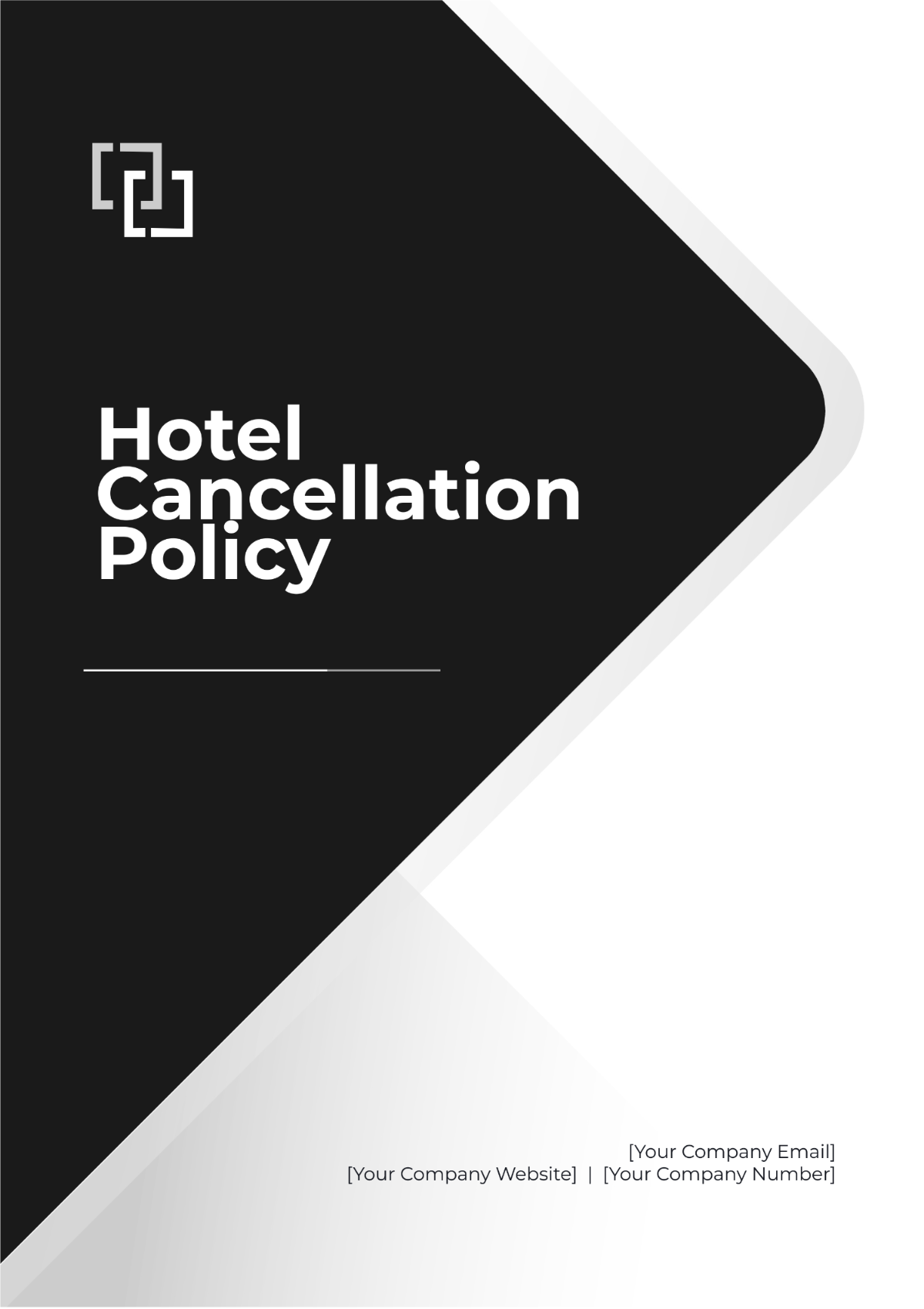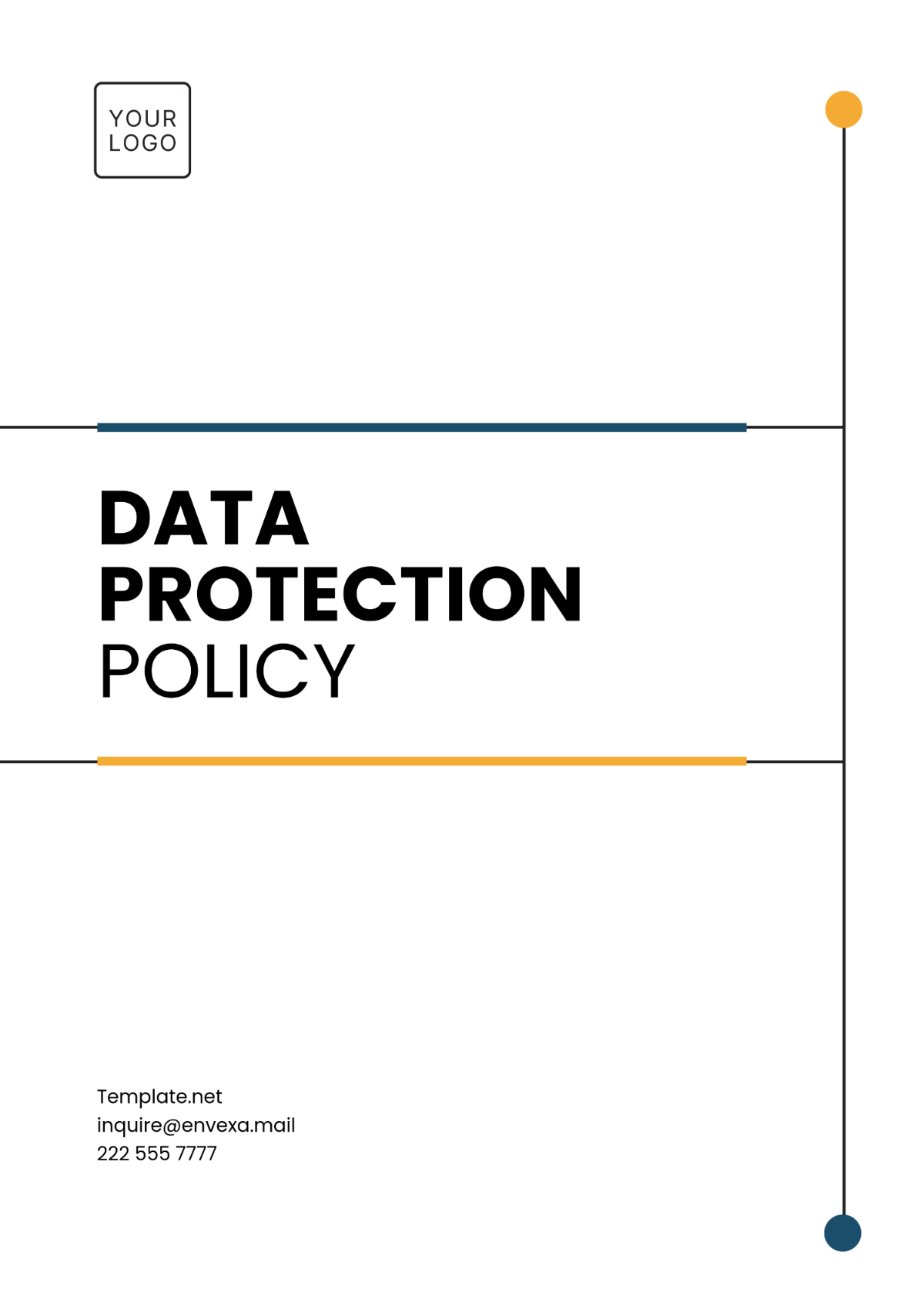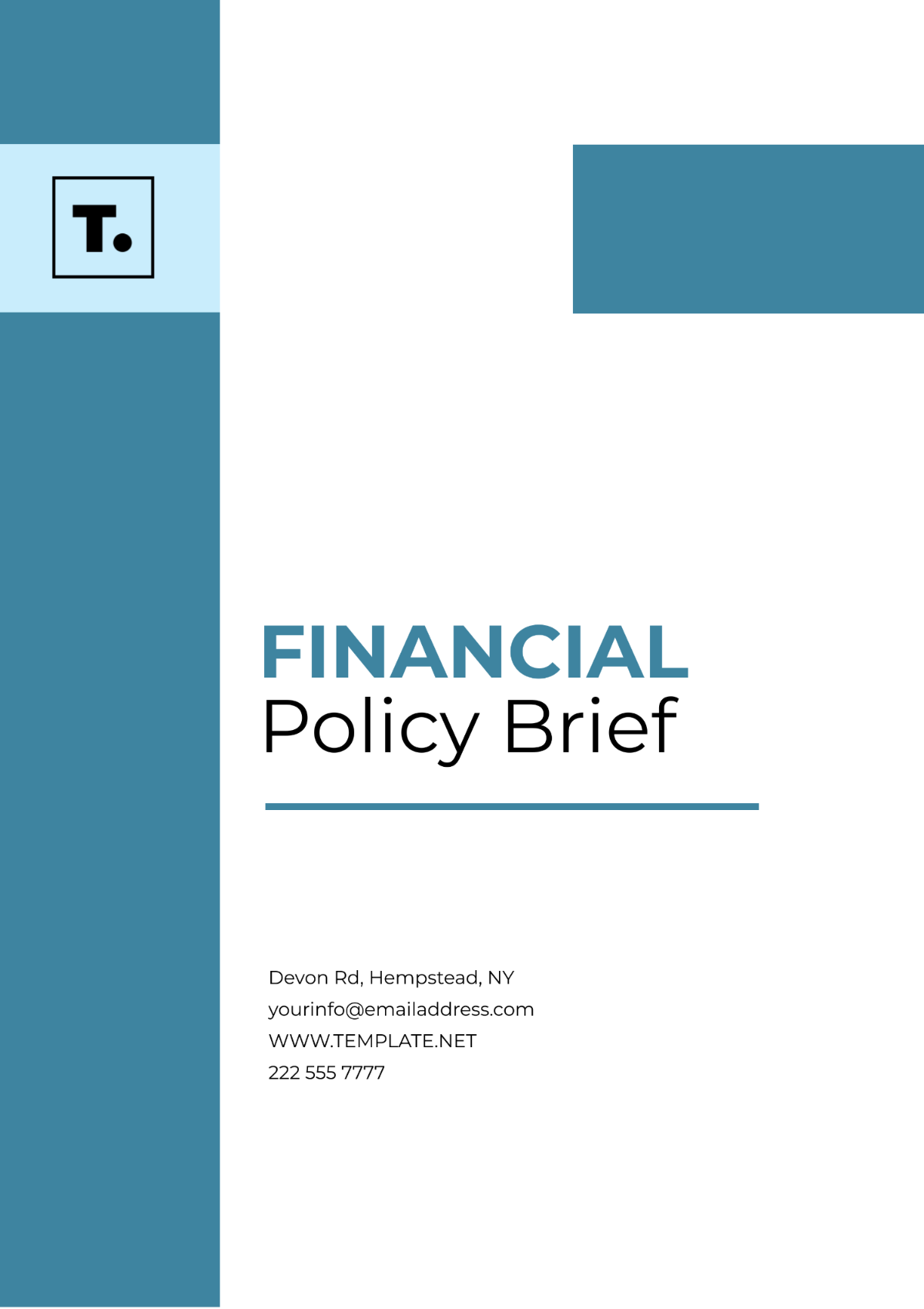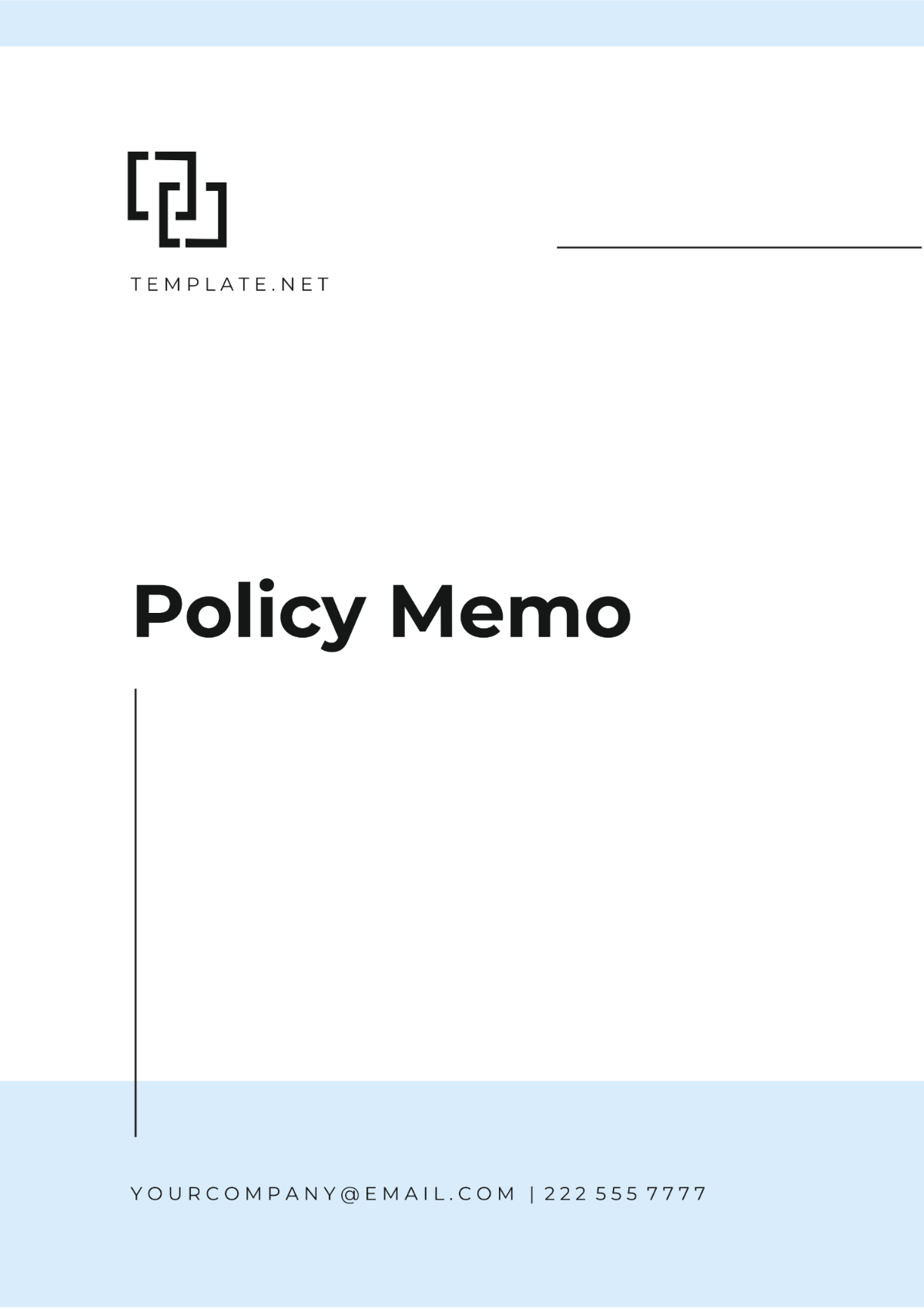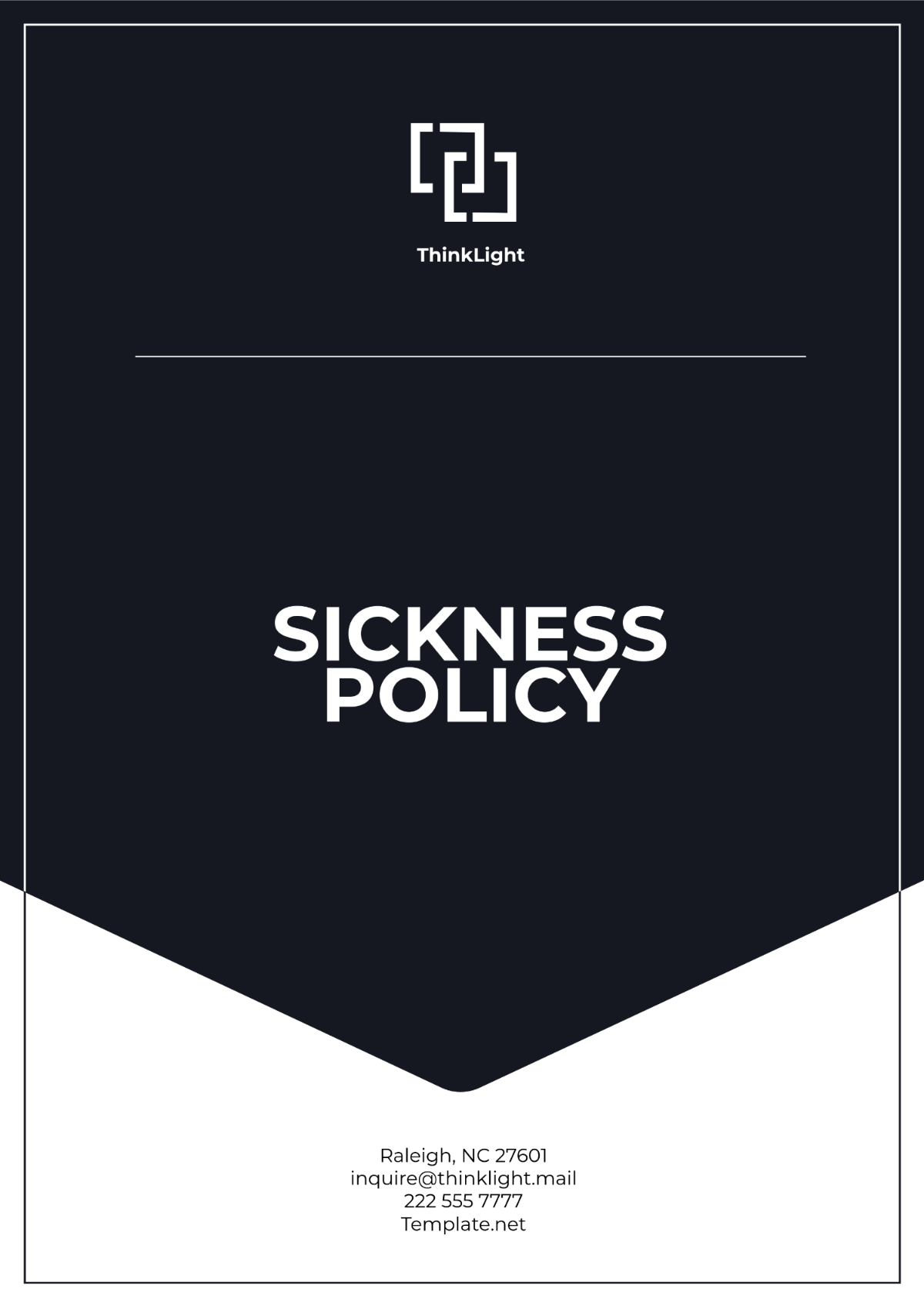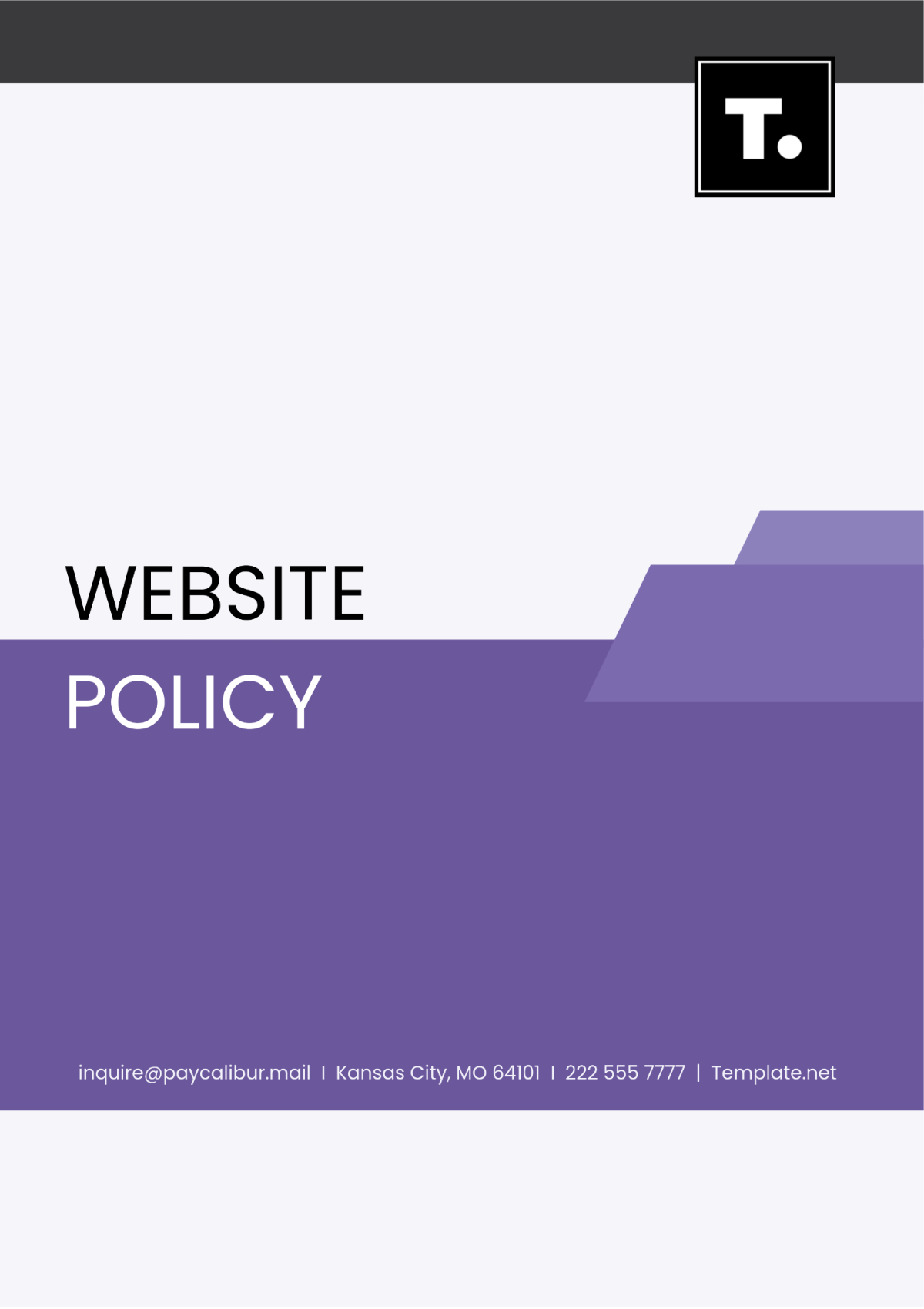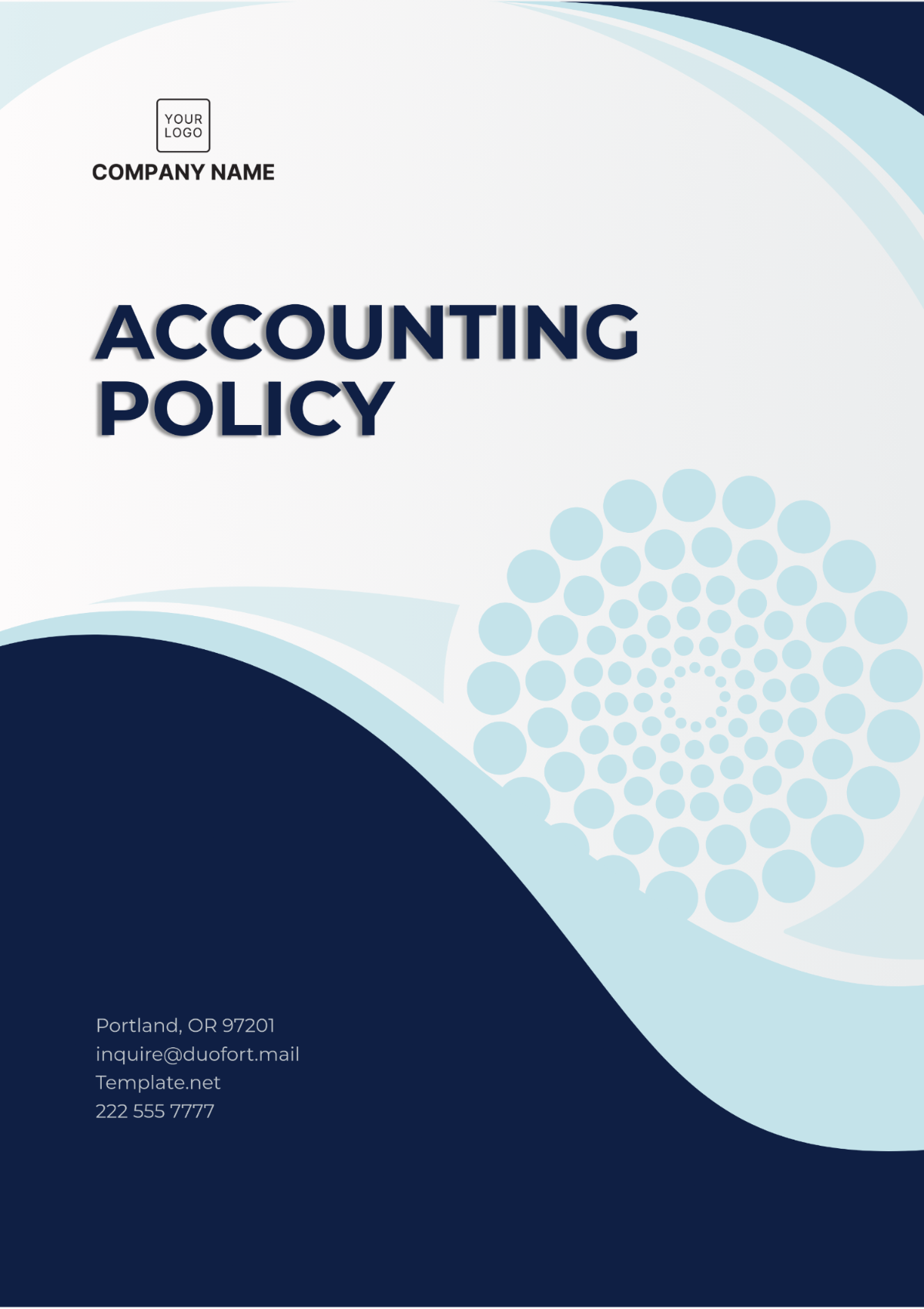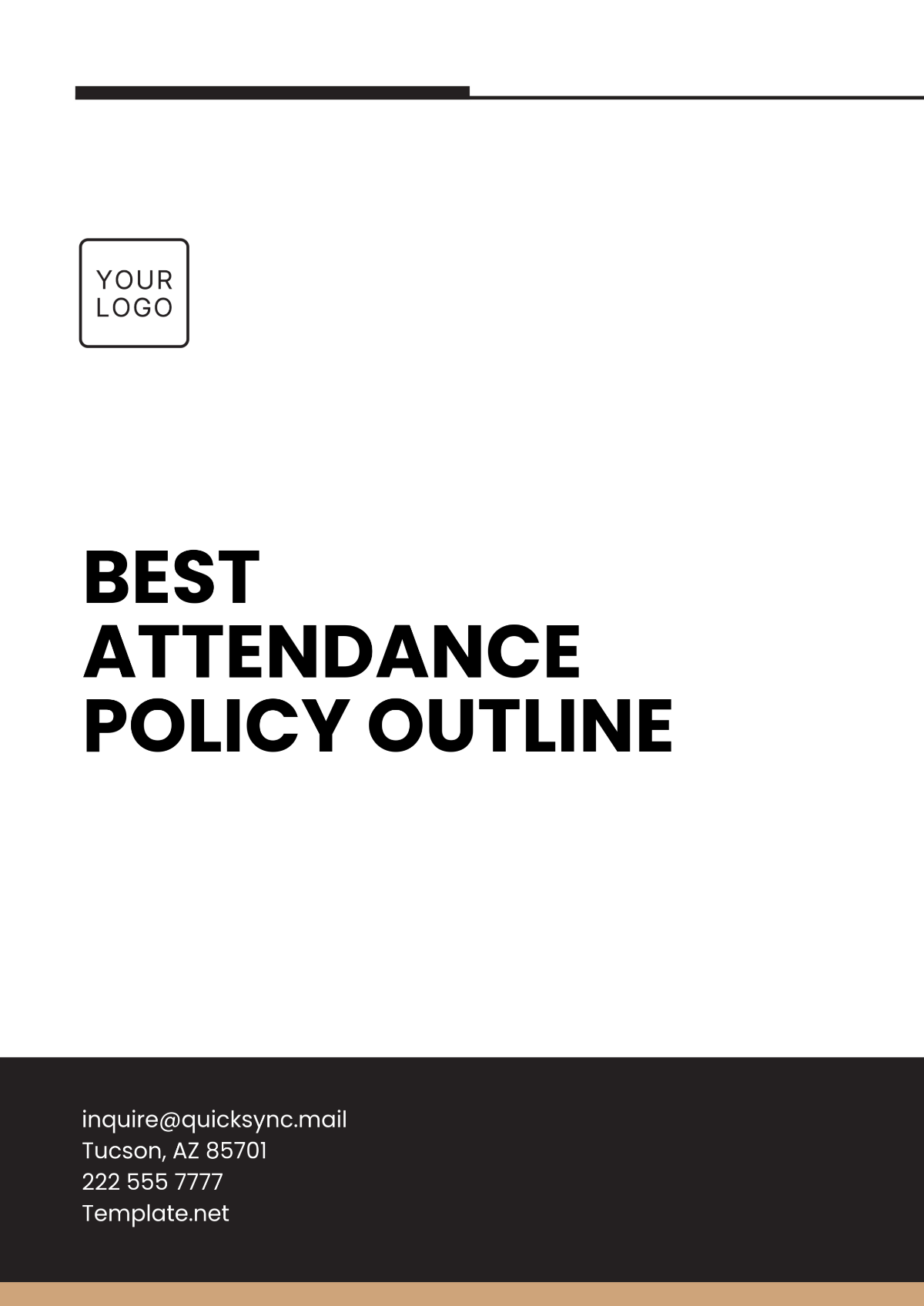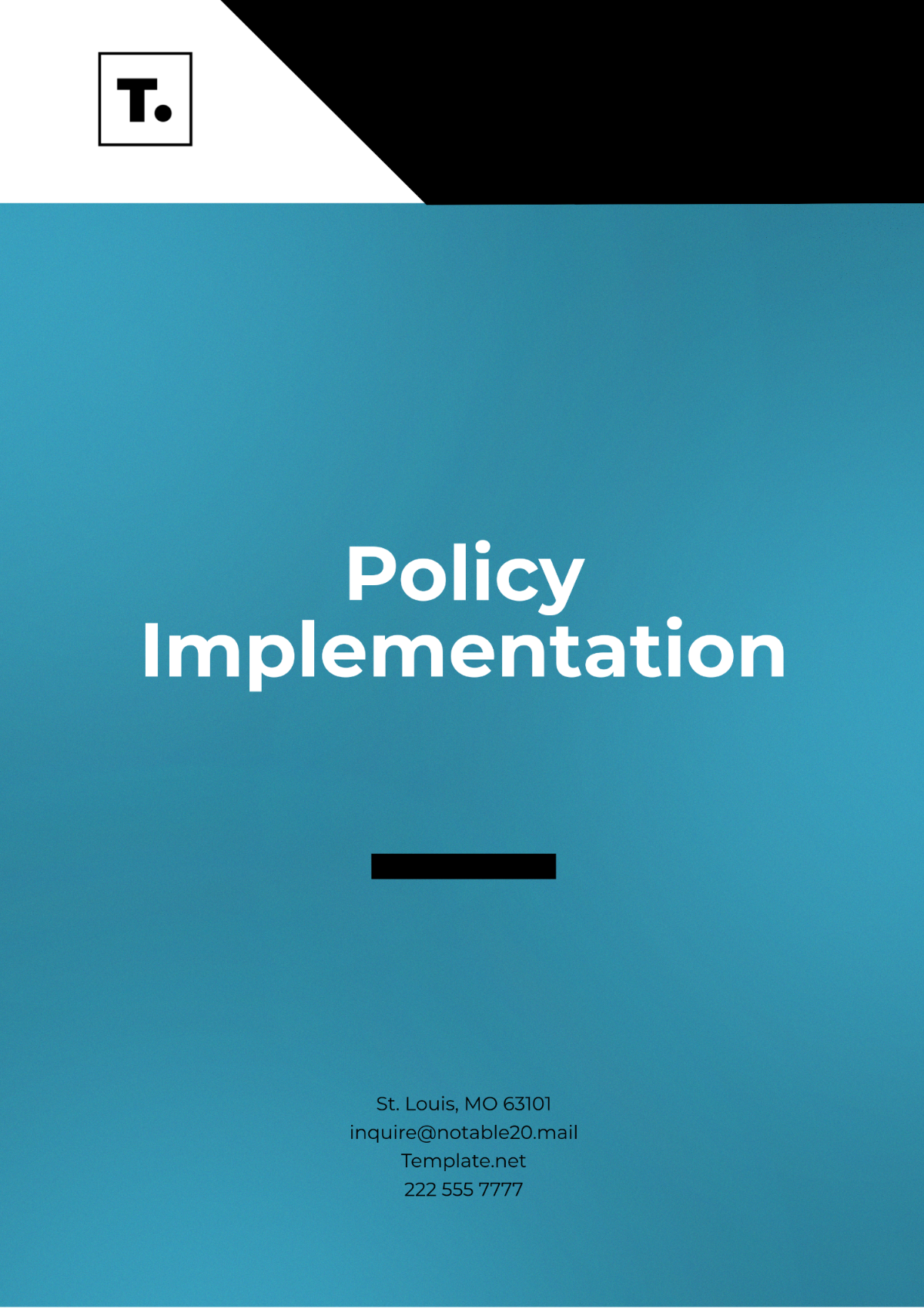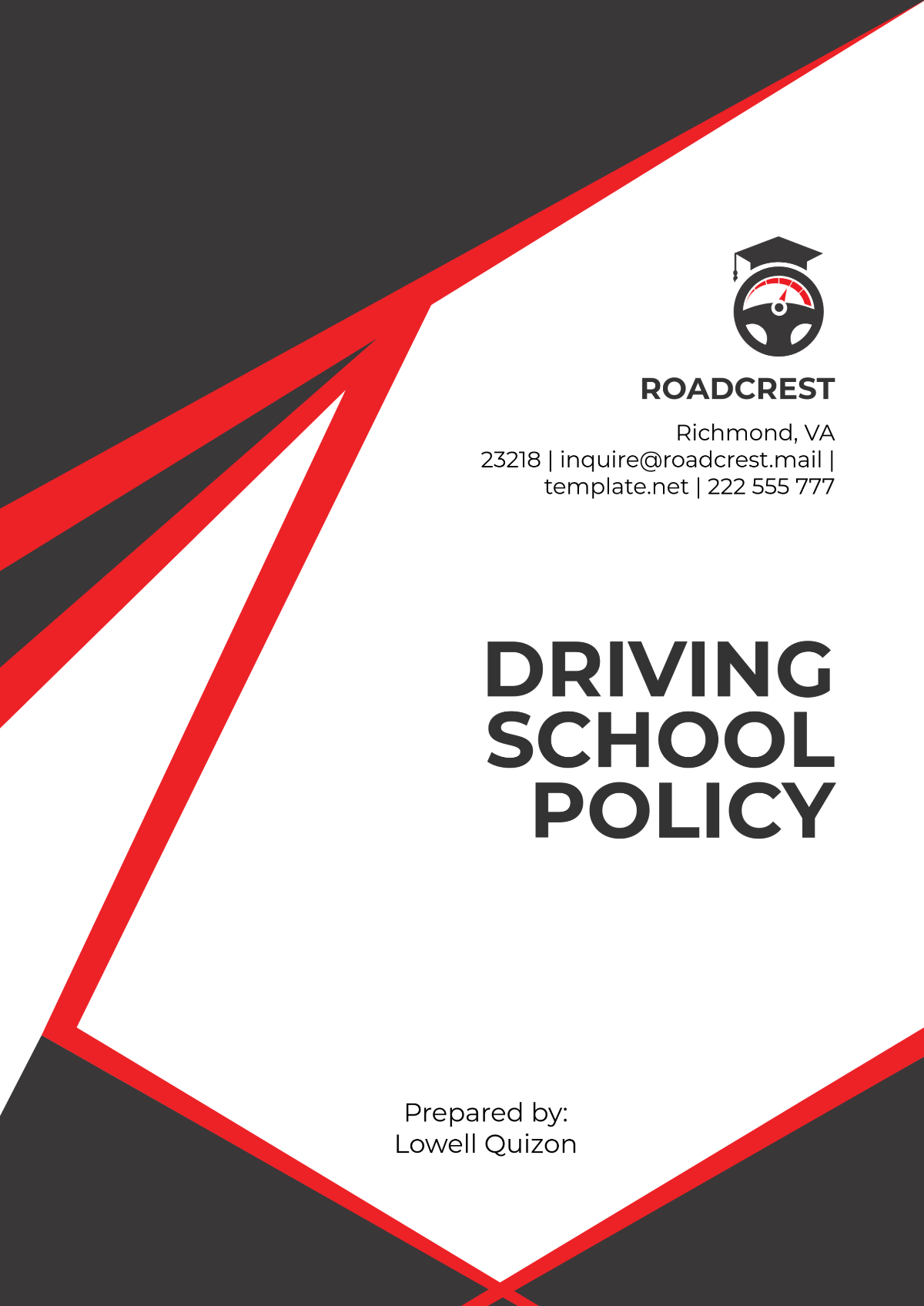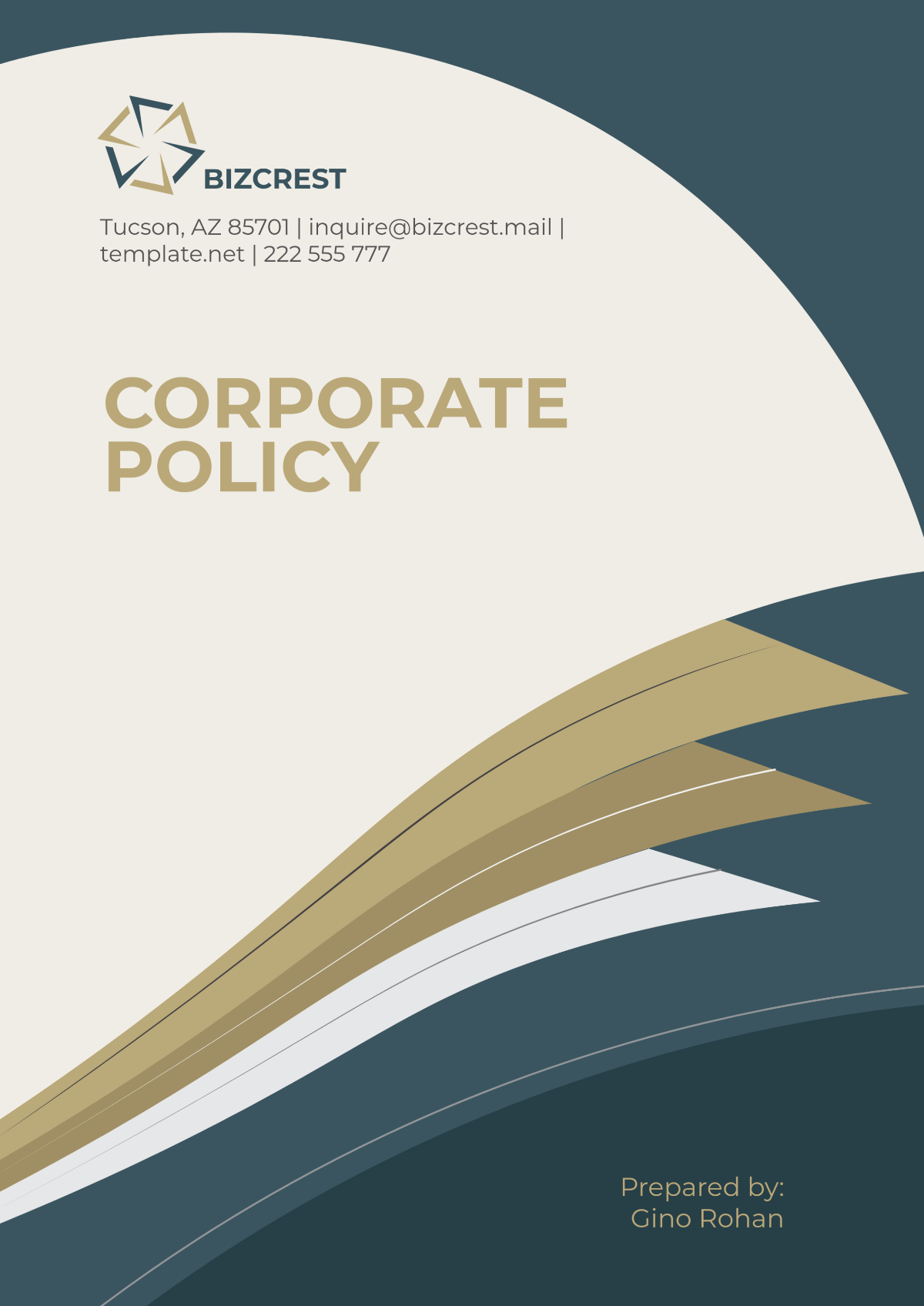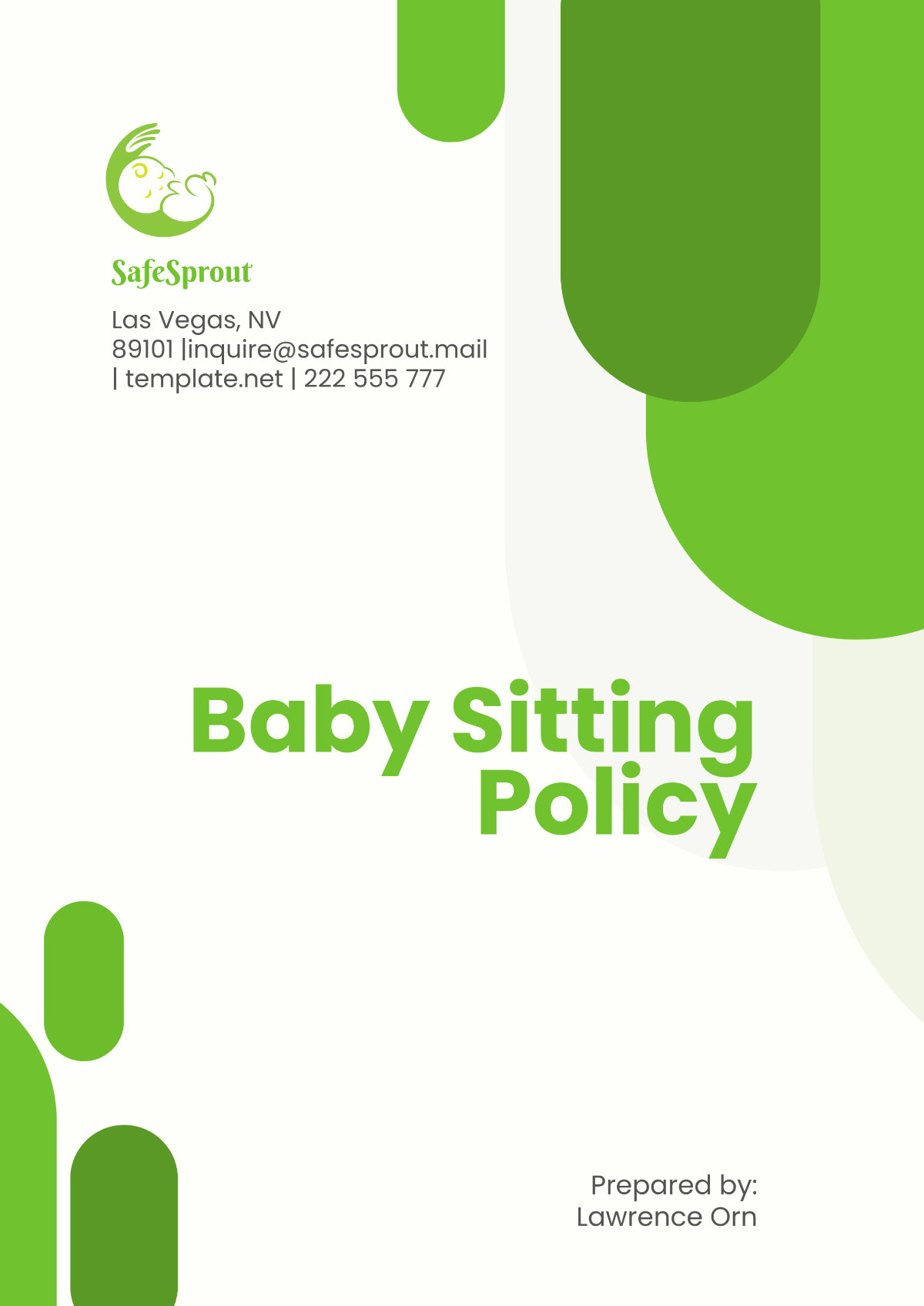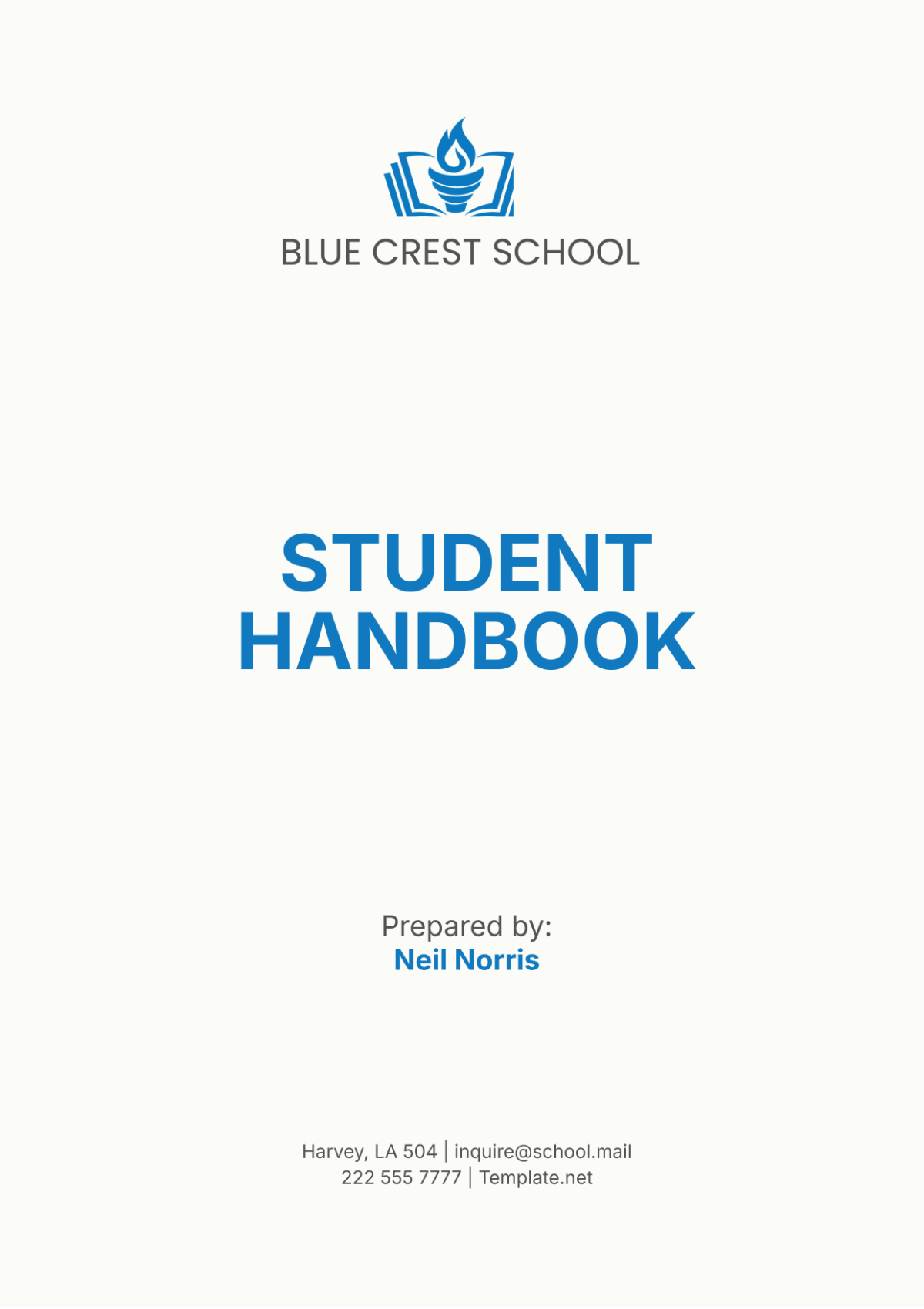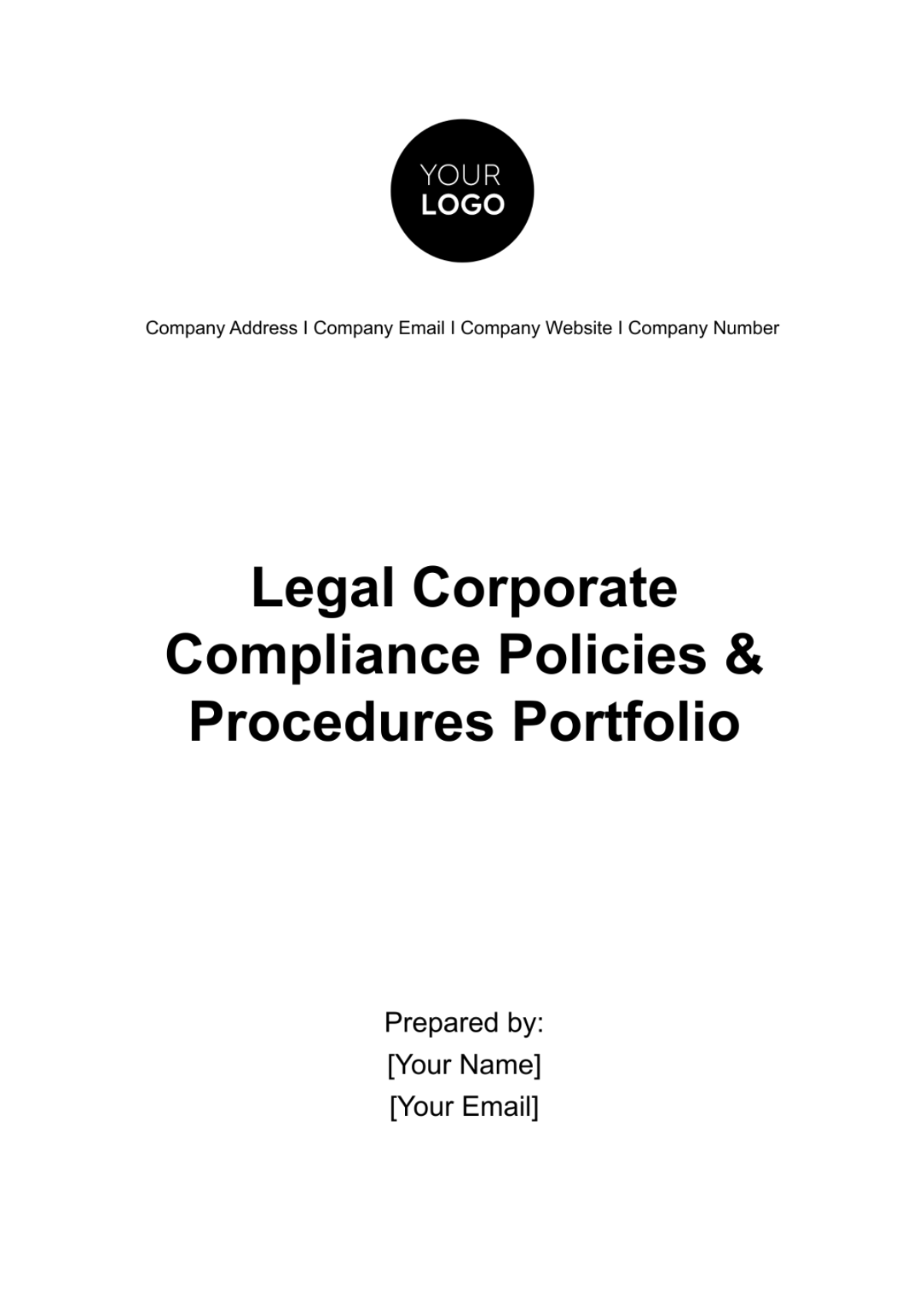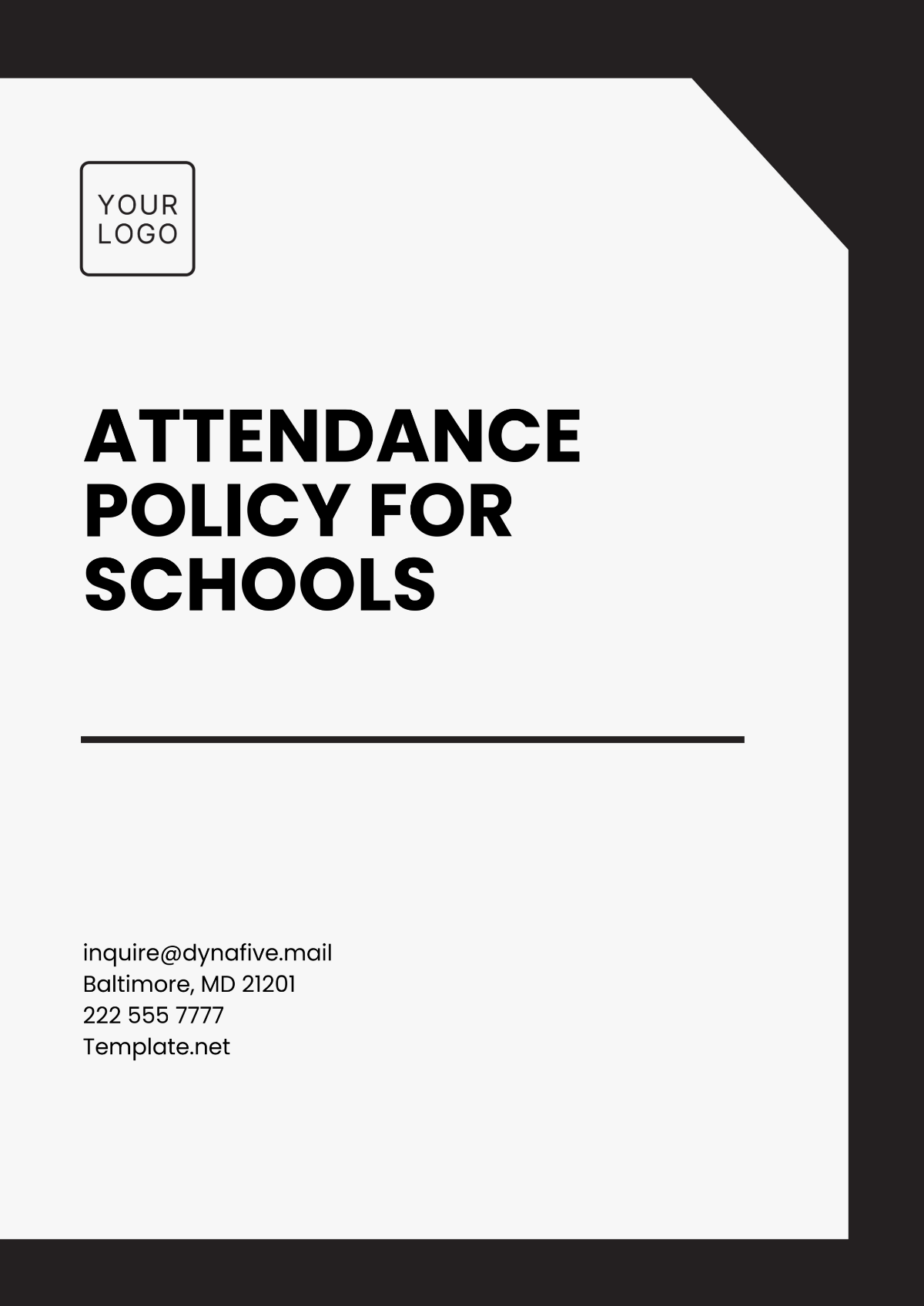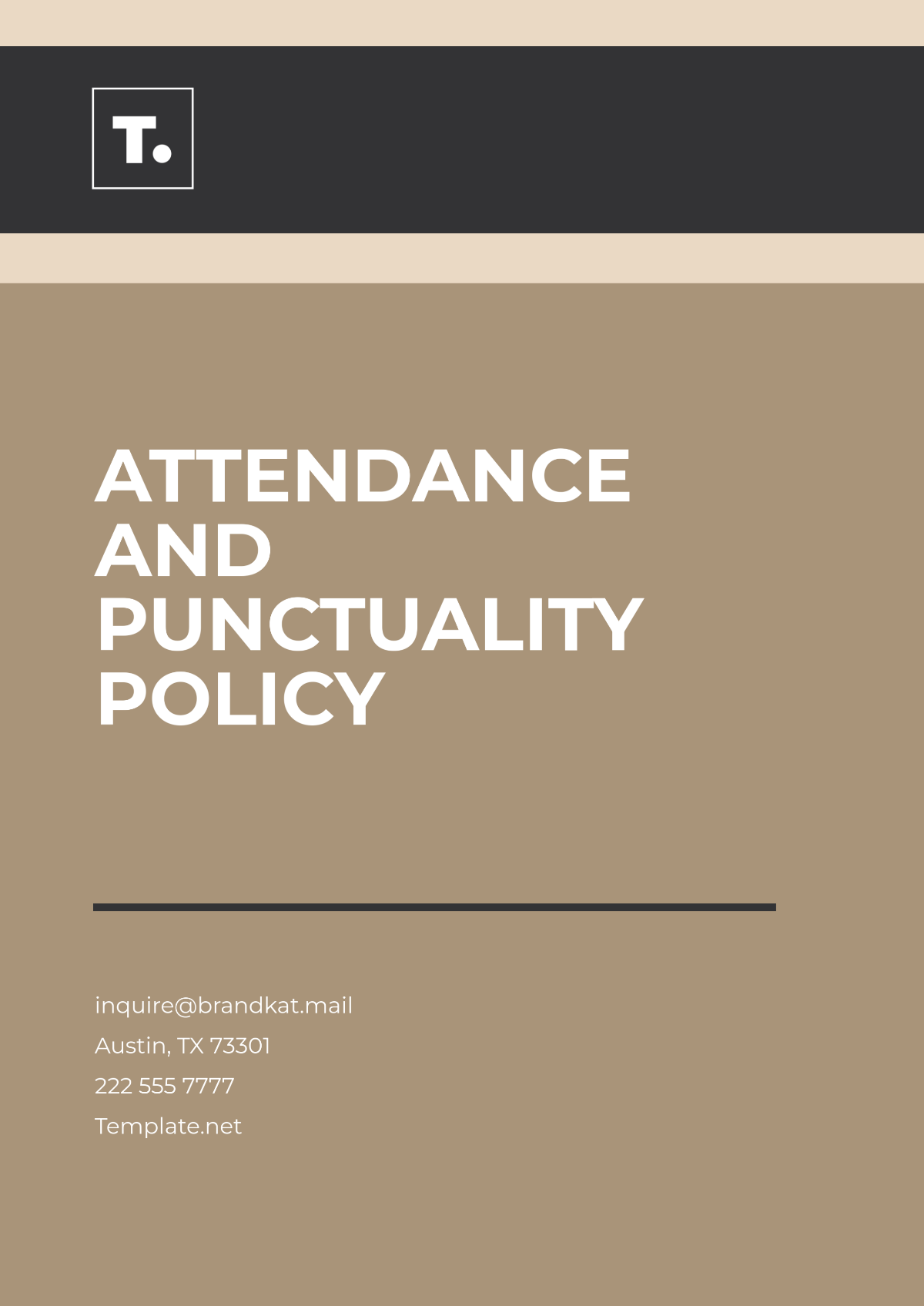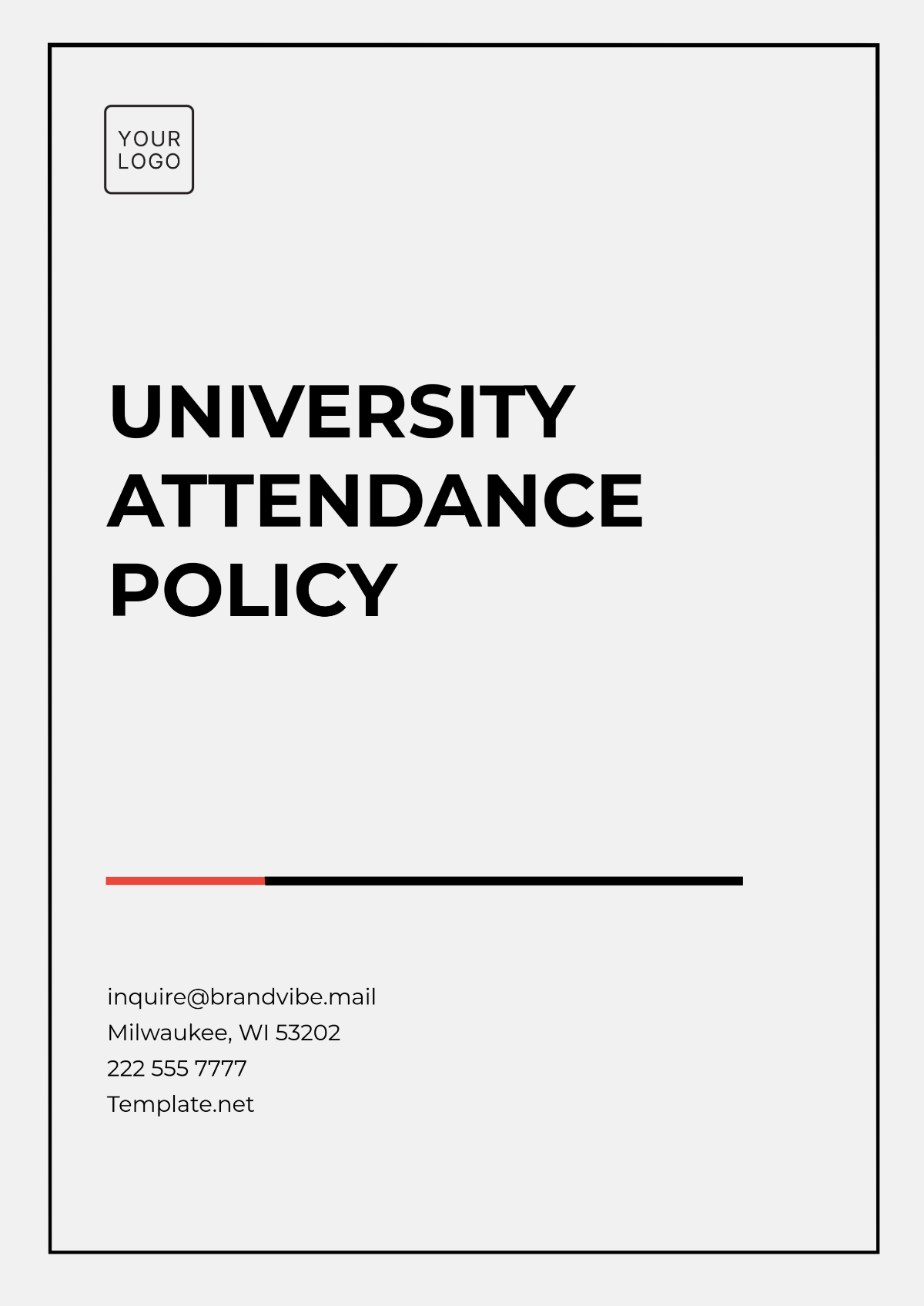Marketing Event Policy & Procedure
1. Purpose
At [Your Company Name], we recognize the significance of marketing events as platforms to enhance our brand visibility, foster client relationships, and drive business growth. Consequently, it is imperative to maintain a gold standard of professionalism and compliance during these events. This policy and procedure is meticulously crafted to set forth the guidelines and standards required. It aims to ensure that every marketing event organized or attended by [Your Company Name] not only aligns with our brand values and ethos but also adheres to relevant local and international legislation. This structured approach guarantees that our participation in any event consistently reflects the high caliber of our brand, mitigates risks, and efficiently meets our strategic business objectives. By diligently following this policy, we reinforce our commitment to excellence, transparency, and sustainable growth in all our marketing endeavors.
2. Scope
At [Your Company Name], we understand the vast expanse and varied nature of marketing events. Ranging from large-scale exhibitions to intimate internal product launches, these events are diverse in their reach and implications. Given this backdrop, it's crucial to have a consistent set of guidelines that address the entirety of our marketing event spectrum. This policy serves as an encompassing framework, designed to guide our actions and decisions across multiple event scenarios.
Every employee of [Your Company Name], regardless of their department or seniority, falls under the purview of this policy when they engage in any activity related to marketing events. This includes, but is not limited to, the ideation phase, logistical planning, on-ground execution, post-event analysis, and even casual attendance or representation at external events.
Furthermore, this policy extends to both events that [Your Company Name] directly organizes, as well as those where we participate as attendees or collaborators. By setting this wide-reaching scope, we aim to ensure uniformity in our brand representation, maintain a consistently high standard of conduct, and optimize the value derived from every event we're associated with.
3. Definitions
To ensure clarity and uniform understanding, it's essential to precisely define the terminologies used within this policy. This guarantees that all employees of [Your Company Name], irrespective of their roles, are on the same page when it comes to interpreting and applying these guidelines.
Marketing Event: This encompasses a broad spectrum of activities where [Your Company Name] seeks to enhance its visibility, present its offerings, or engage with its target audience. Specifically, a marketing event can be:
Event: A larger gathering, perhaps a launch of a new product line or an annual company showcase, typically aimed at a broad audience and often lasting multiple days.
Seminar: A focused presentation or training session where specific topics related to [Your Company Name]'s domain are discussed, often with a mix of internal experts and external guest speakers.
Trade Show: An exhibition where companies from a specific industry showcase their latest products or services. Here, [Your Company Name] might set up a booth or stall to interact with potential clients, partners, or industry peers.
Conference: A more formal gathering that often includes keynote speeches, breakout sessions, and panel discussions, giving [Your Company Name] a platform to share insights, trends, and company progress.
Promotional Activity: This can range from an on-ground activation to a digital campaign, solely intended to promote [Your Company Name]'s brand, products, or services. It could involve giveaways, contests, or interactive sessions that align with the company's marketing objectives.
Each of these formats serves a unique purpose in the overarching marketing strategy of [Your Company Name], offering different platforms to interact with various stakeholders in the business ecosystem.
4. Policy
At [Your Company Name], every marketing event is seen as an opportunity to reinforce our brand's values, showcase our offerings, and deepen our relationship with our stakeholders. Therefore, the utmost precision, planning, and adherence to our brand's principles are imperative. This section of the policy is devoted to ensuring that every event conducted or attended by our team resonates with our brand ethos, is fiscally responsible, and is methodically planned and approved.
4.1 Event Approval:
Initiating a marketing event is an exciting endeavor but must be approached with due diligence. To ensure alignment with company objectives and optimal resource allocation, any employee looking to organize or participate in a marketing event on behalf of [Your Company Name] must first obtain explicit written consent. This approval is to be sought from [Department Head/Manager Name]. The primary tool for this is the Event Proposal Form, provided in Appendix A. This form helps consolidate the event's objectives, target audience, proposed activities, and other critical details, allowing the leadership to make informed decisions.
4.2 Budgeting:
Fiscal responsibility is a cornerstone of our operations at [Your Company Name]. When proposing any event, a detailed estimated budget should accompany the Event Proposal Form. This budget should encompass all anticipated expenses, from venue booking to promotional materials. Once the budget is approved, it acts as the financial blueprint for the event. Any expenditure that threatens to exceed this approved budget must be flagged immediately, and additional funds should only be used after acquiring further authorization, ensuring financial prudence.
4.3 Brand Representation:
Branding isn't just about logos or color palettes; it's the very essence of what [Your Company Name] represents. Whether it's a simple handout, a grand backdrop, a presentation, or even a giveaway, every material produced for an event should be in perfect alignment with [Your Company Name]'s branding guidelines. These guidelines ensure consistency across all touchpoints and fortify our brand's recognition and recall. Any deviation from these standards not only dilutes our brand's image but may also miscommunicate our brand's message to the audience. Hence, strict adherence to our branding guidelines is non-negotiable.
5. Procedure
The procedure segment outlines a step-by-step approach to ensuring that every marketing event associated with [Your Company Name] meets our highest standards of excellence and achieves its set objectives. By following these procedures diligently, we can ensure smooth operations, optimal resource utilization, and consistent branding across all events.
5.1 Event Planning:
Every event starts as an idea, but transforming that idea into a tangible, successful event requires planning. Employees are encouraged to first encapsulate their vision for the event using the Event Proposal Form and submit it to [Department Head/Manager Name] for consideration. This form acts as a precursor to all event-related activities, ensuring alignment with company objectives. Once an event receives the green light, the next step is to define clear roles and responsibilities. The Event Task Assignment Sheet, found in Appendix B, aids in this, ensuring that every team member knows their specific tasks, minimizing overlaps and omissions.
5.2 Vendor Engagement:
External vendors can bring specialized skills and resources to an event, but it's essential to choose them wisely. Every vendor, from caterers to technical equipment providers, must undergo a thorough vetting process to ensure they align with [Your Company Name]'s quality standards. Once a vendor is selected, the ensuing contracts must be meticulously reviewed by our legal department, ensuring that all terms are favorable, clear, and devoid of any potential pitfalls.
5.3 Event Promotion:
In today's digital age, promoting an event is as crucial as the event itself. Leveraging platforms like social media, emails, and our company website ensures we reach our target audience effectively. However, to maintain brand consistency and accuracy of information, all promotional content—be it a tweet, an emailer, or a web banner—must receive approval from the marketing department before dissemination.
5.4 Post-Event:
The conclusion of the event is not the end of our responsibilities. It marks the beginning of a critical phase—analysis. A comprehensive report should be compiled, encompassing feedback received, the number of leads generated, and an assessment of the event's return on investment (ROI). This report not only evaluates the success of the event but also garners insights for future events. Employees are expected to submit this report to [Department Head/Manager Name] within a fortnight of the event's conclusion, ensuring timely reviews and action points.
6. Staff Roles & Responsibilities
For any marketing event to flourish and effectively translate vision into reality, the roles of each participating team member need to be clearly defined and delineated. The structure and flow of the event are bolstered by the concerted efforts of individuals who understand and efficiently execute their specific tasks. In this section, we elucidate the roles and associated responsibilities of key personnel involved in orchestrating [Your Company Name]'s marketing events, ensuring that each stage of the event, from inception to conclusion, is handled with utmost professionalism and expertise.
Role | Responsibilities |
Event Coordinator | Overall event management, coordination with vendors, and logistics. |
Marketing Executive | Content creation, promotional activities, and feedback collection. |
Sales Representative | Engaging with attendees, lead generation, and post-event follow-up. |
7. Review & Revisions:
In the ever-evolving landscape of marketing and event management, it's imperative that our policies remain current, effective, and compliant with industry standards and best practices. To ensure this, [Your Company Name]'s Marketing Event Policy undergoes a rigorous annual review. Scheduled for [Month, e.g., January] 2051, this review is a collaborative effort between the Marketing and HR departments. This collaboration ensures that while the marketing team brings in industry insights and feedback from past events, the HR department ensures that the policy aligns with broader company values and employee welfare.
Post-review, any modifications, additions, or deletions deemed necessary will be incorporated into the policy. It's crucial to note that these revisions are not just a matter of protocol; they're a reflection of [Your Company Name]'s commitment to continuous improvement and adherence to excellence. Following the revision, all changes will be systematically communicated to all employees. This ensures that everyone is updated, aligned, and informed, ensuring seamless adherence to the updated policy in all future marketing endeavors.
8. Non-compliance
At [Your Company Name], we regard our policies not just as guidelines but as fundamental pillars that uphold our brand's integrity, professionalism, and reputation in the industry. The Marketing Event Policy, in particular, is instrumental in guiding our interactions in the public domain and ensuring consistent brand representation.
When employees deviate from the stipulated norms, it not only impacts the effectiveness of a particular event but could also potentially tarnish the company's image. As a result, non-compliance with this policy is viewed with utmost seriousness. Any breach, be it intentional or due to oversight, will trigger a thorough investigation by the relevant departments.
Upon confirmation of the breach, disciplinary actions will be determined based on the severity and nature of the non-compliance. This could range from counseling or mandatory training sessions for minor infractions to more stringent measures like demotions, salary cuts, or even termination in cases of major violations.
The aim is not to foster a culture of fear but to emphasize the significance of adherence to the policy and to protect [Your Company Name]'s interests, values, and reputation. Every employee's commitment to this policy ensures the collective success of our marketing endeavors.
9. Contact Information
Understanding and adhering to policies is pivotal for the smooth functioning and success of our endeavors at [Your Company Name]. To ensure that all employees have clarity on the Marketing Event Policy, we have designated a point of contact who is well-versed with the policy intricacies and can provide guidance on any related questions or concerns.
Policy Manager: [Manager's Name]
Holding a crucial role in drafting, implementing, and monitoring this policy, [Manager's Name] is the go-to person for all policy-related queries. Whether you have a simple question, need clarification on a specific point, or require guidance on policy application in unique situations, [Manager's Name] is equipped to assist you.
Email: [Your Email]
For detailed queries or to share relevant documentation, you can reach out via email. Ensure that your subject line is clear, so your query can be addressed promptly.
Phone: [Your Company Number]
For immediate assistance or to discuss urgent matters, feel free to call during standard business hours.
At [Your Company Name], open communication is encouraged, and we urge all team members to seek clarity whenever in doubt. This proactive approach ensures that we remain aligned with our policy guidelines and continue to uphold the highest standards in all our marketing initiatives.
Appendix A - Event Proposal Form
Item | Details |
Event Name: | |
Date & Duration: | |
Objective: | |
Estimated Budget: | |
Target Audience: |
Appendix B - Event Task Assignment Sheet
Task | Assigned to | Due Date |
Venue Booking: | [Name] | [Day, Month, Year] |
Promotional Material: | [Name] | [Day, Month, Year] |
Vendor Coordination: | [Name] | [Day, Month, Year] |
